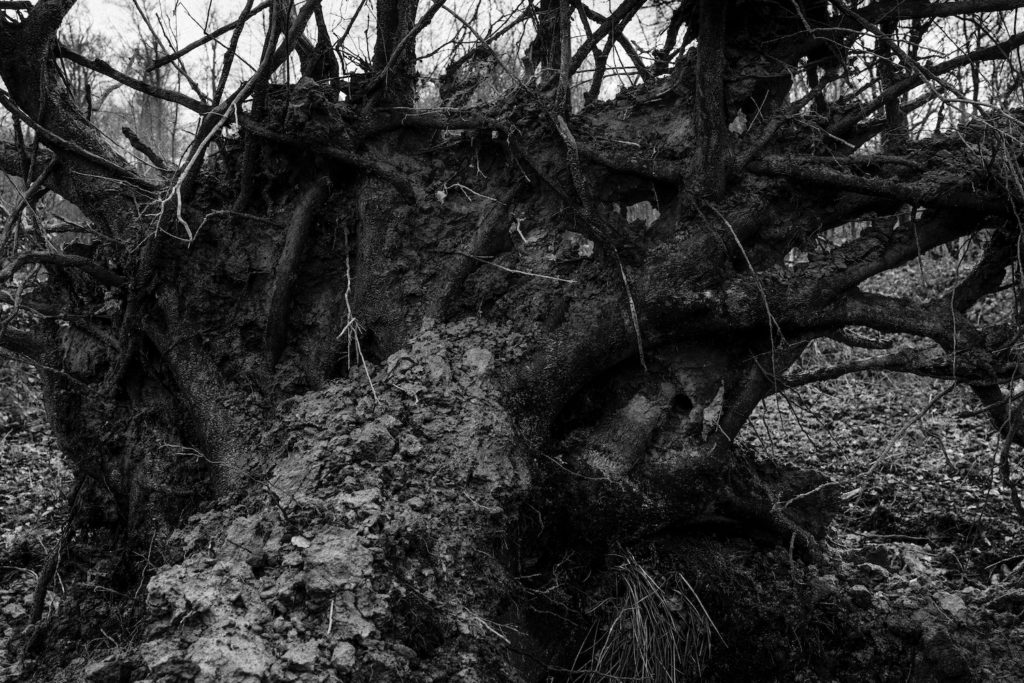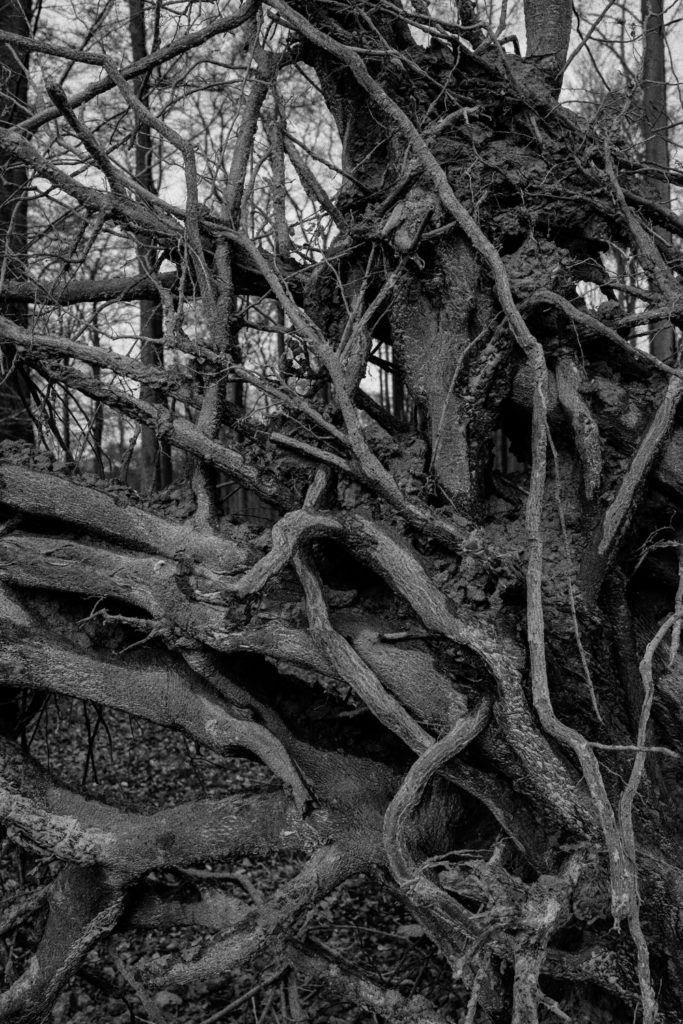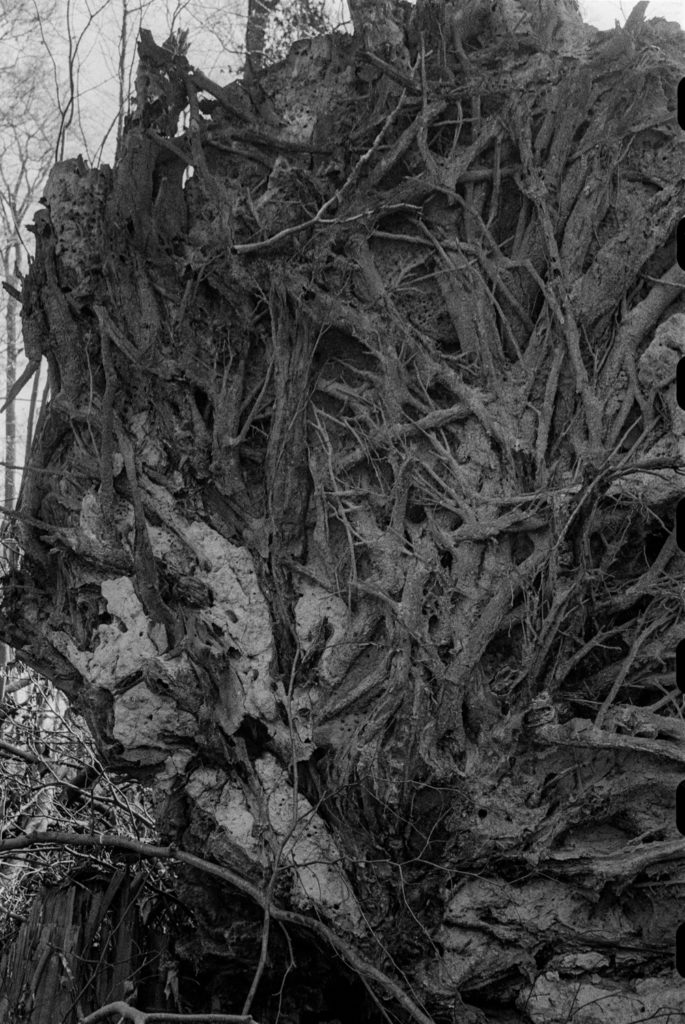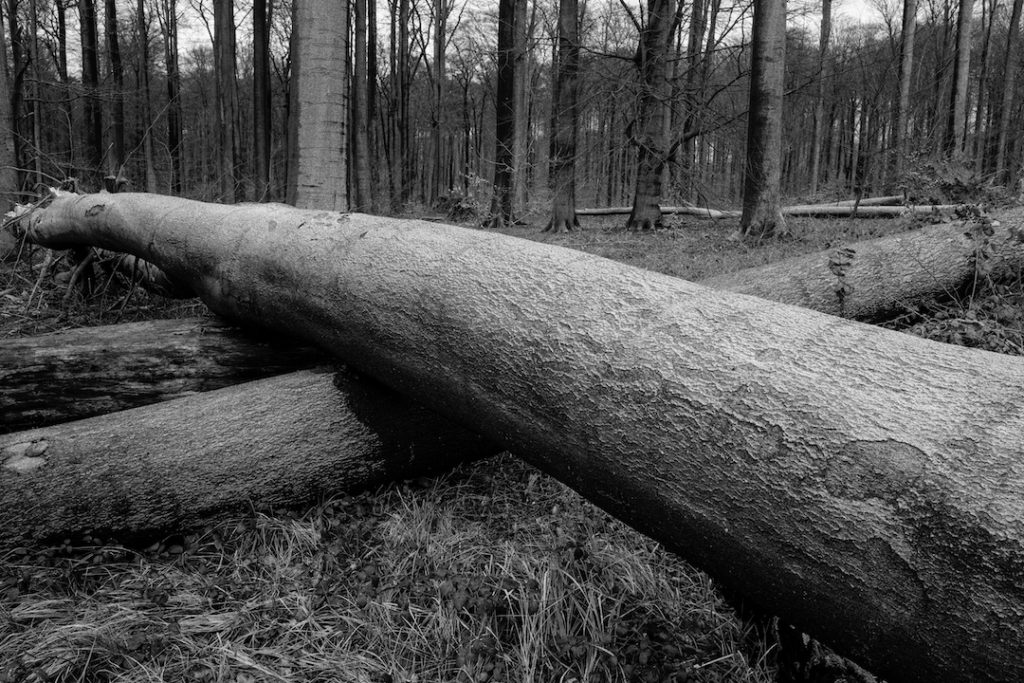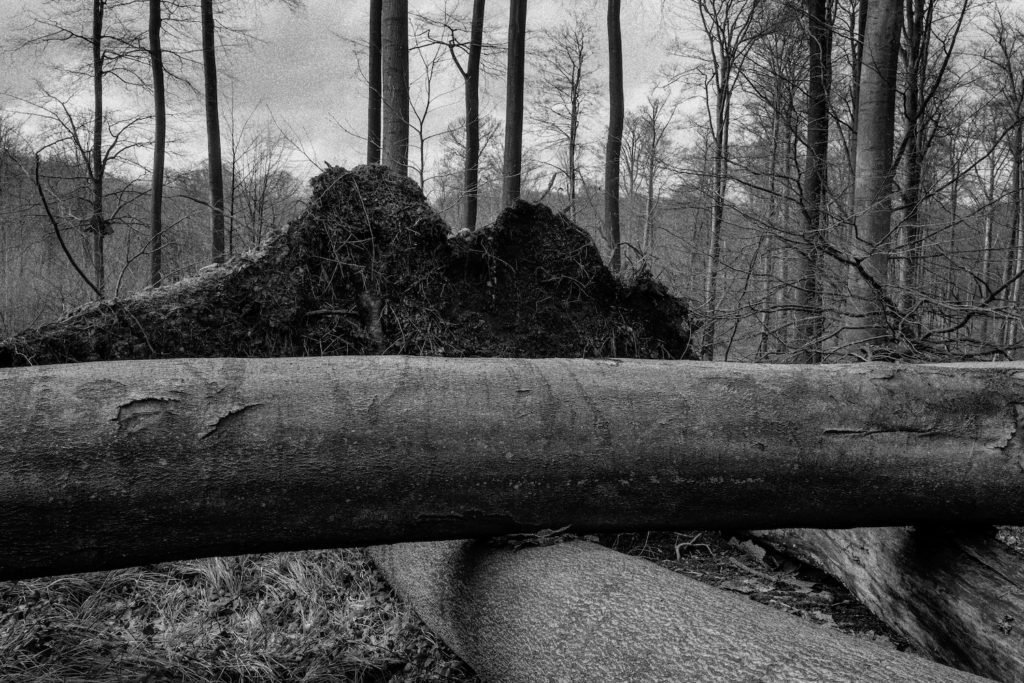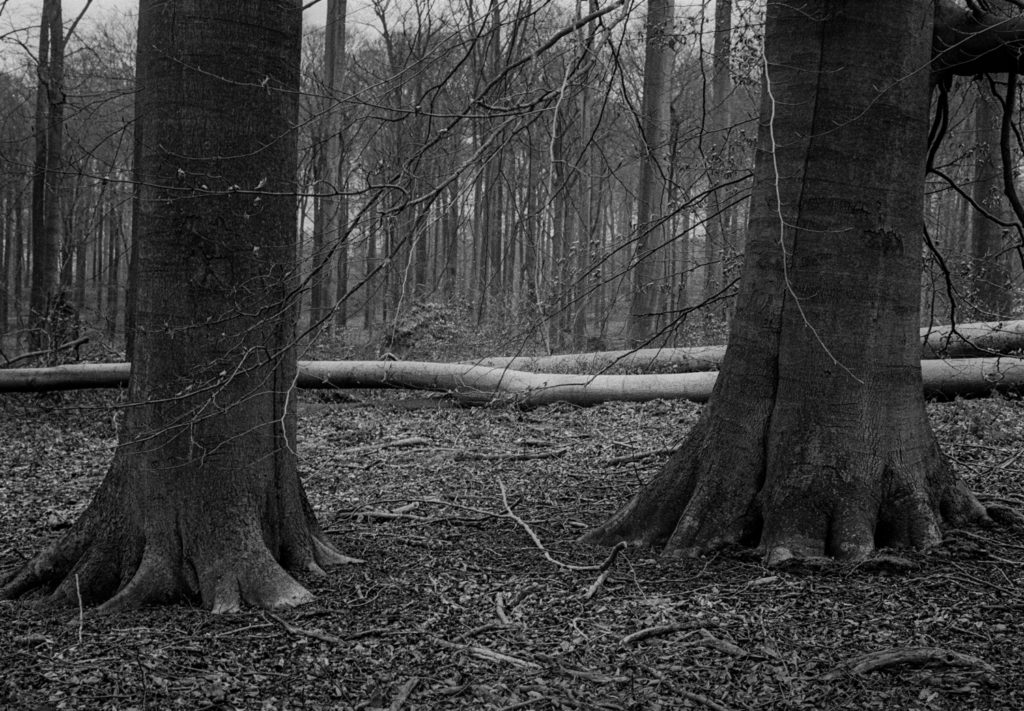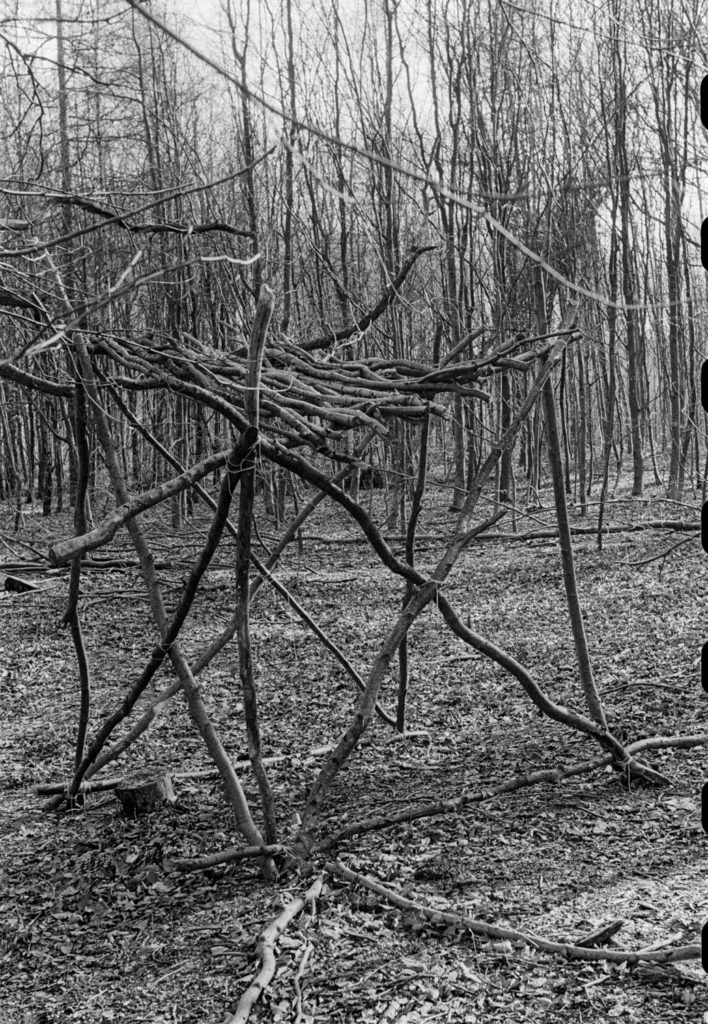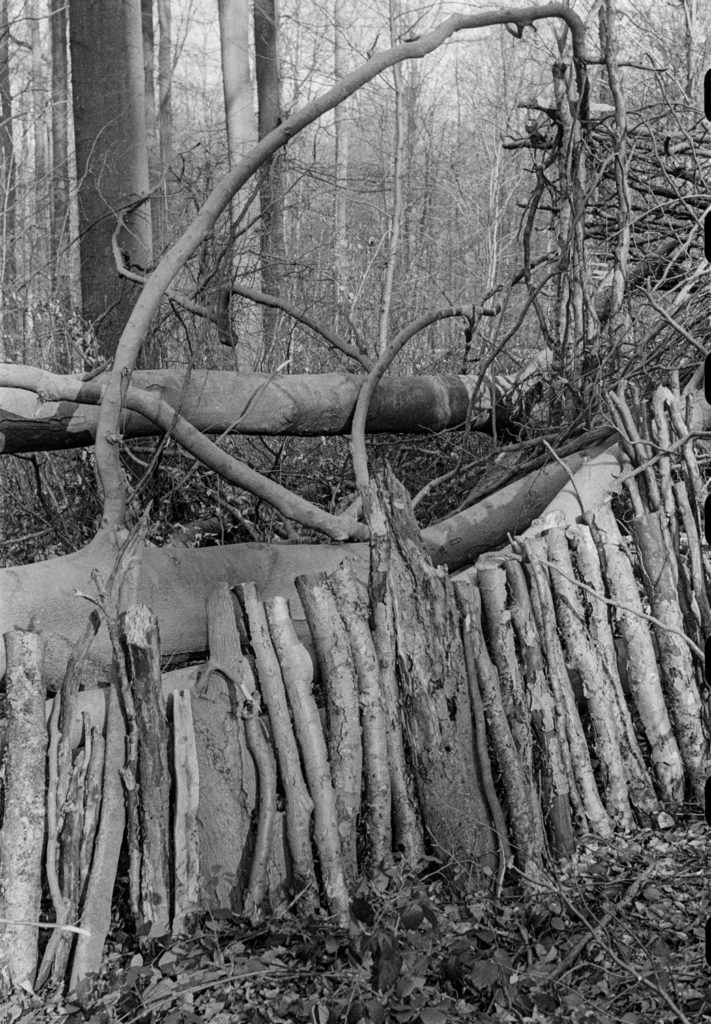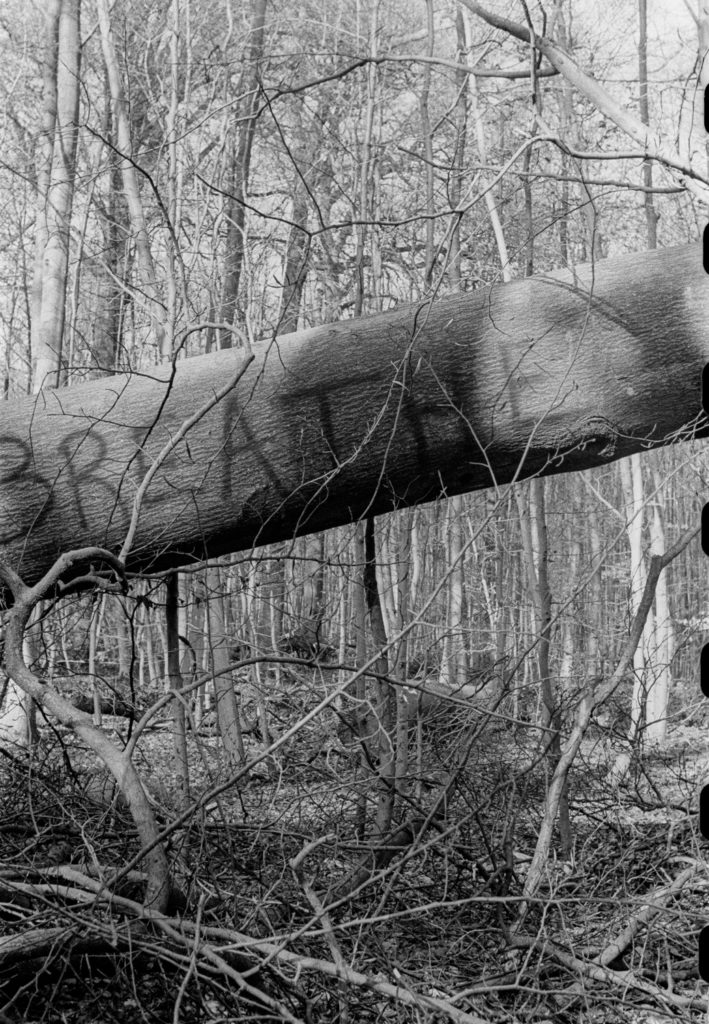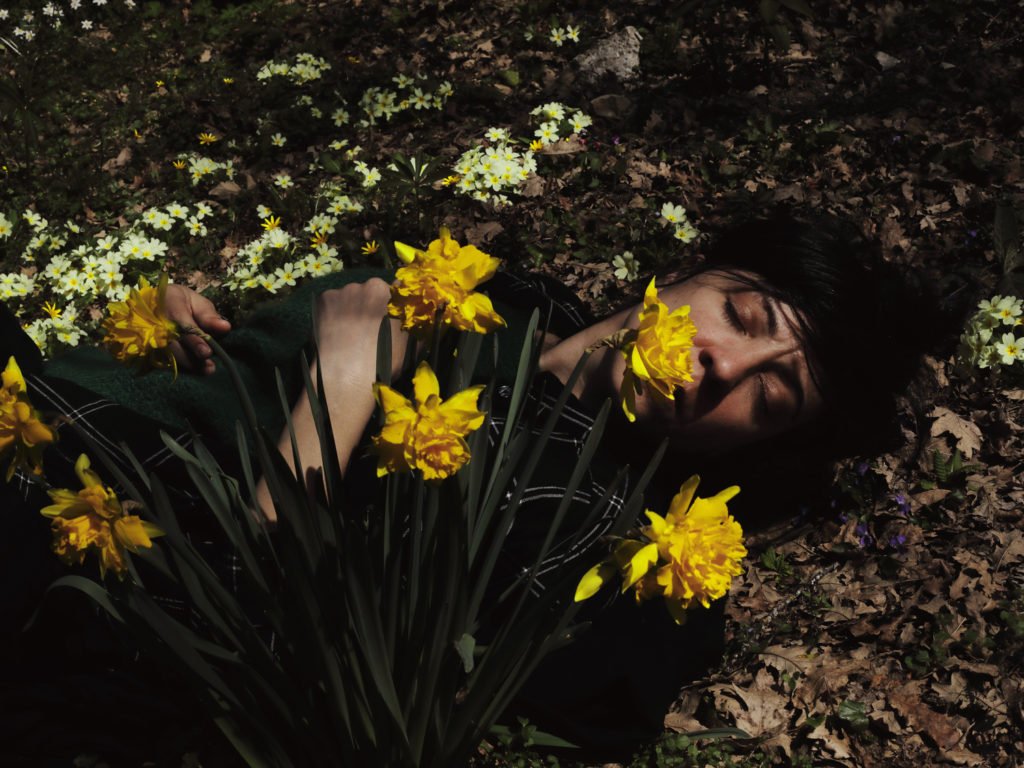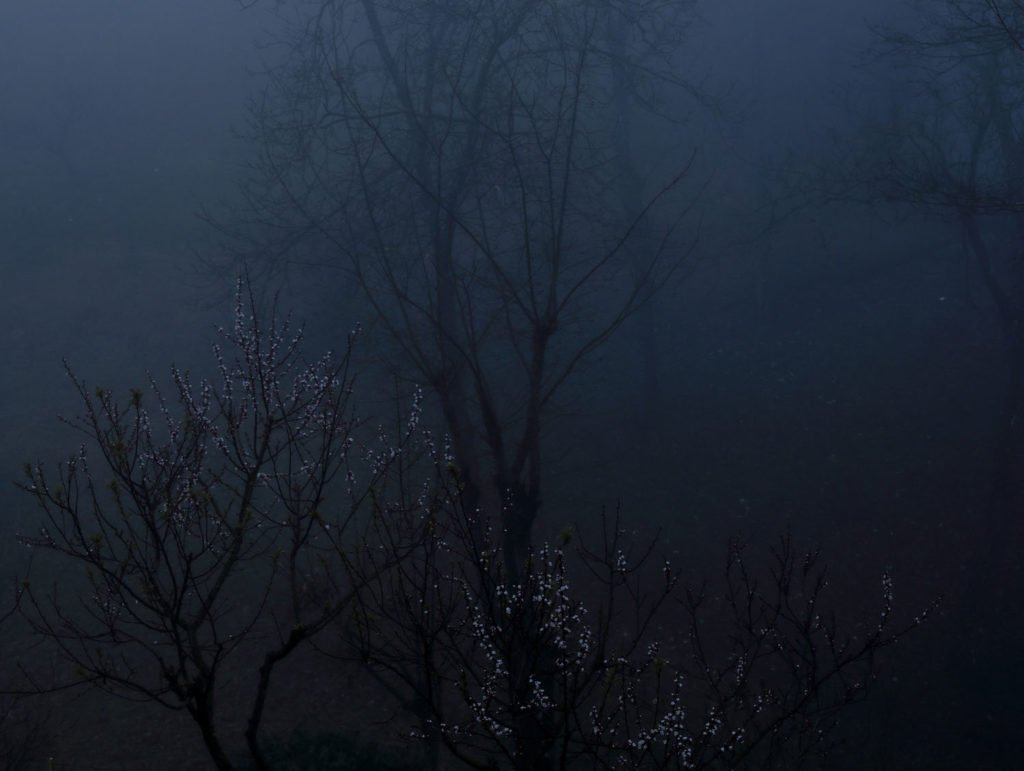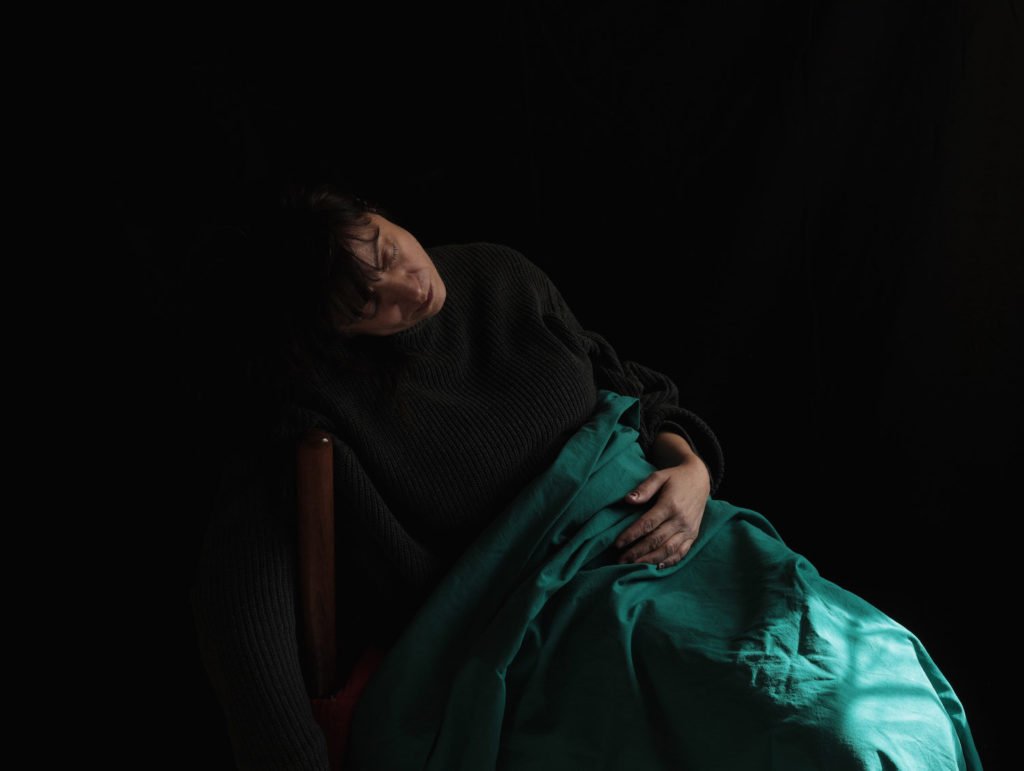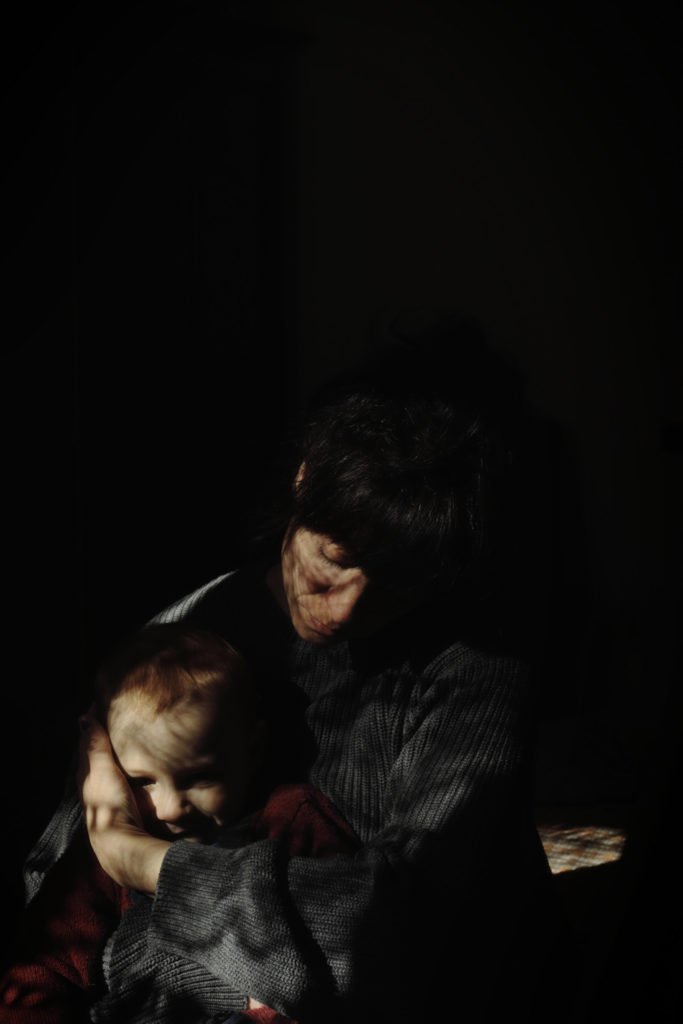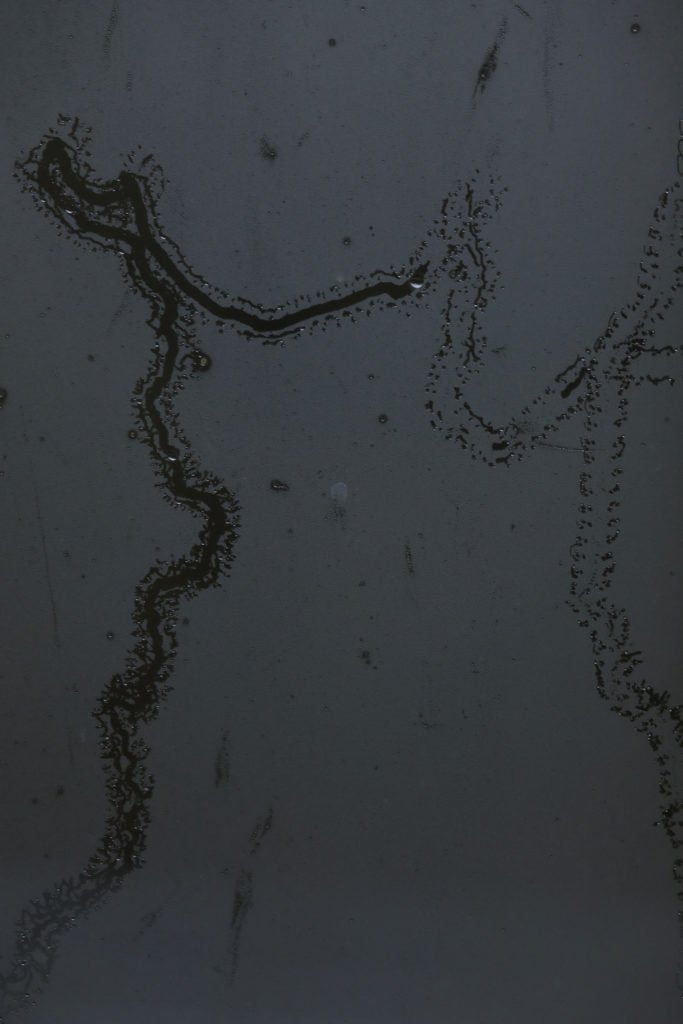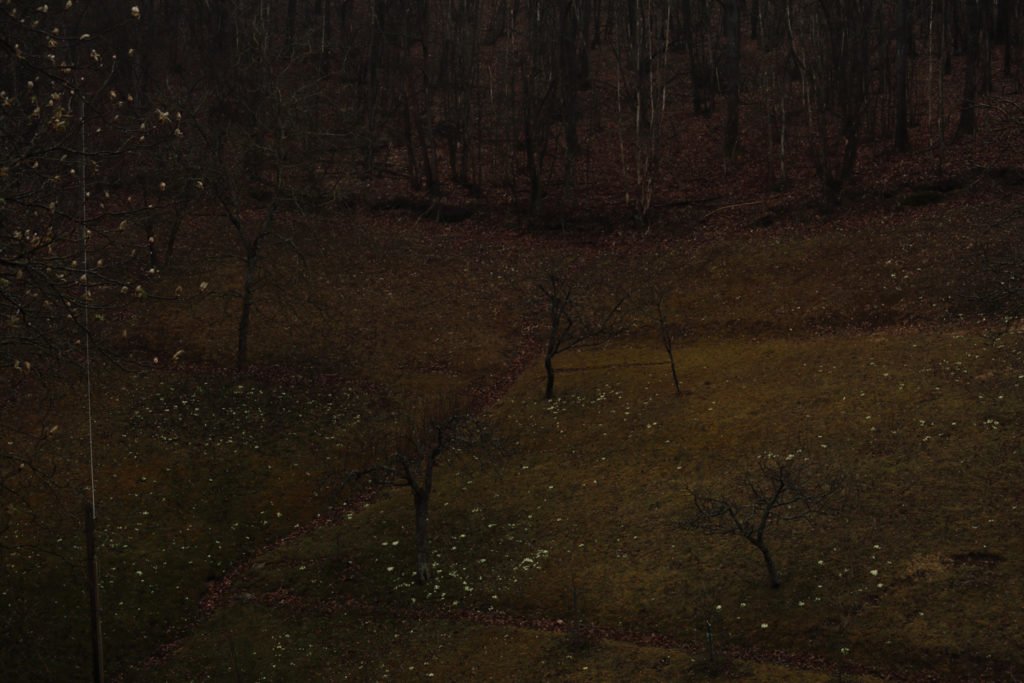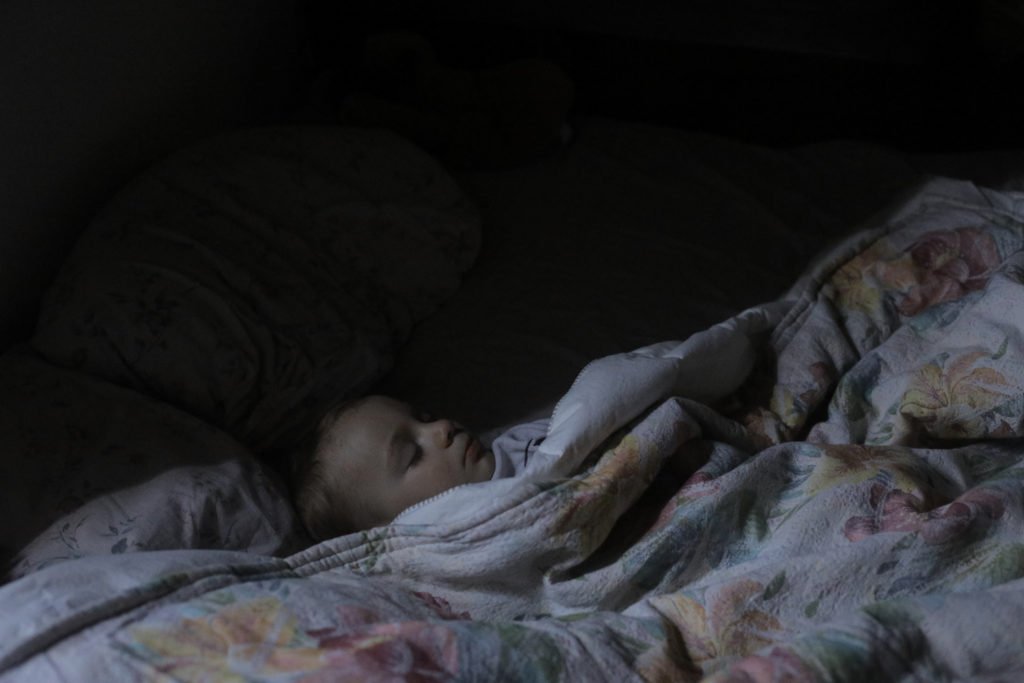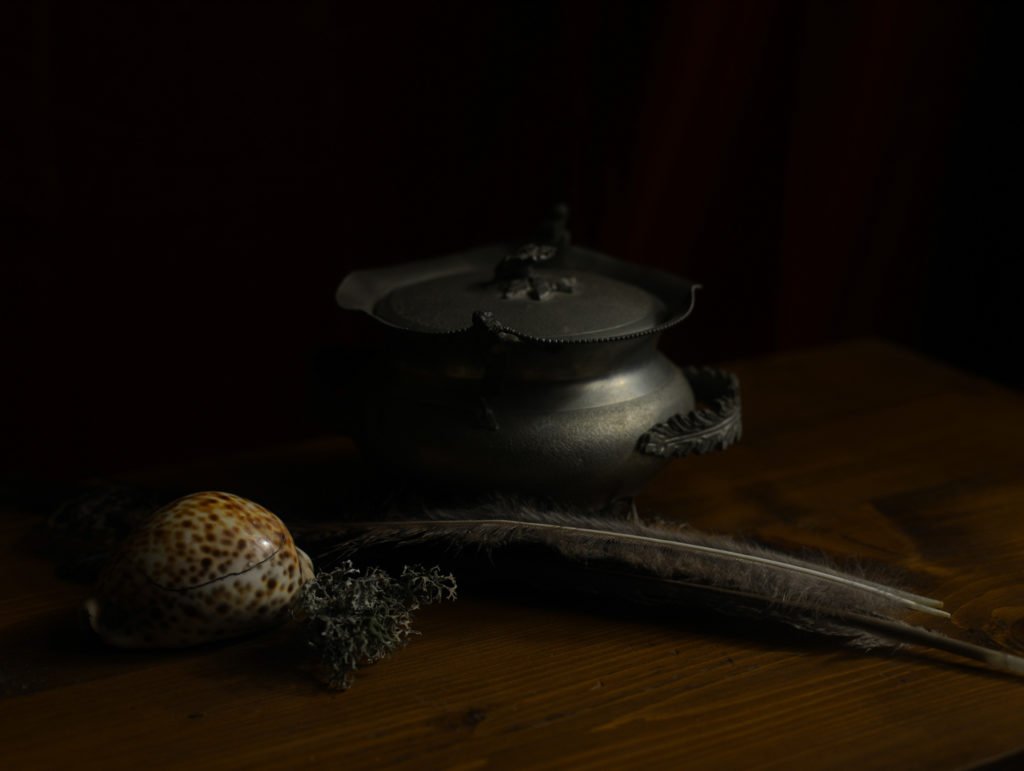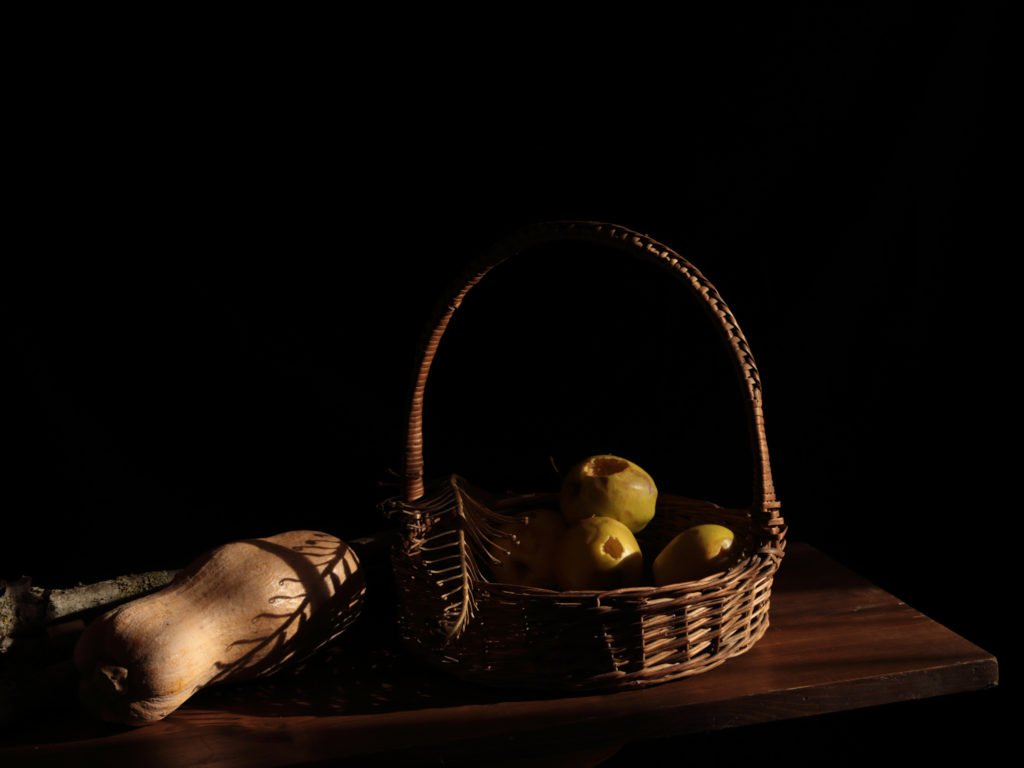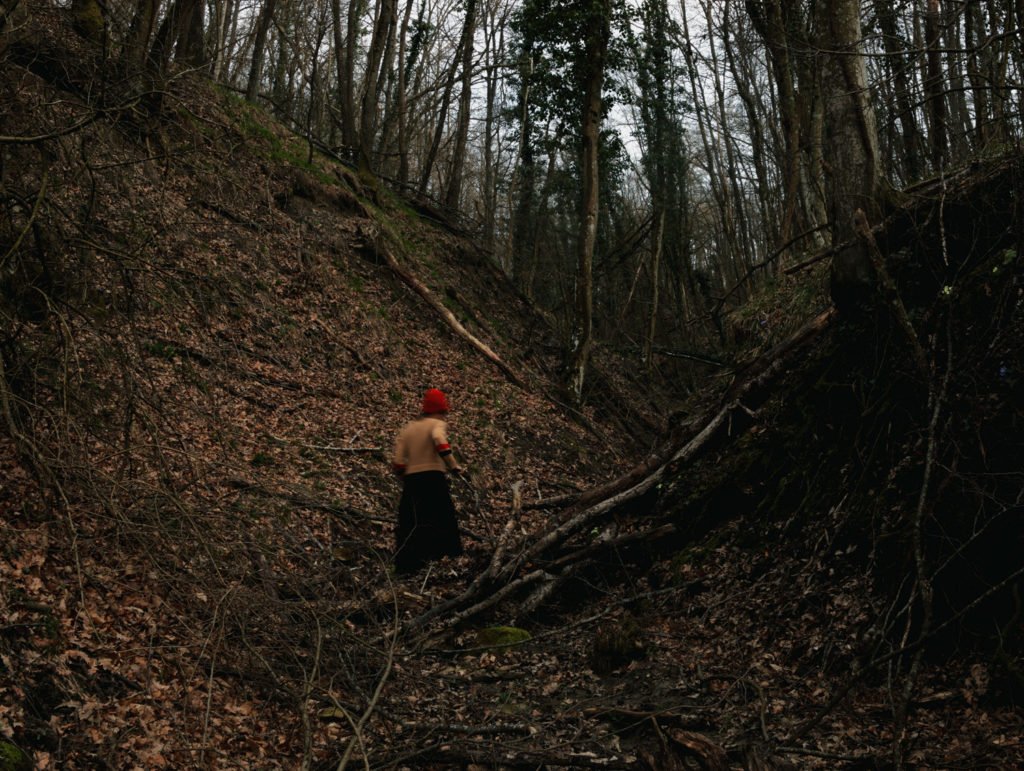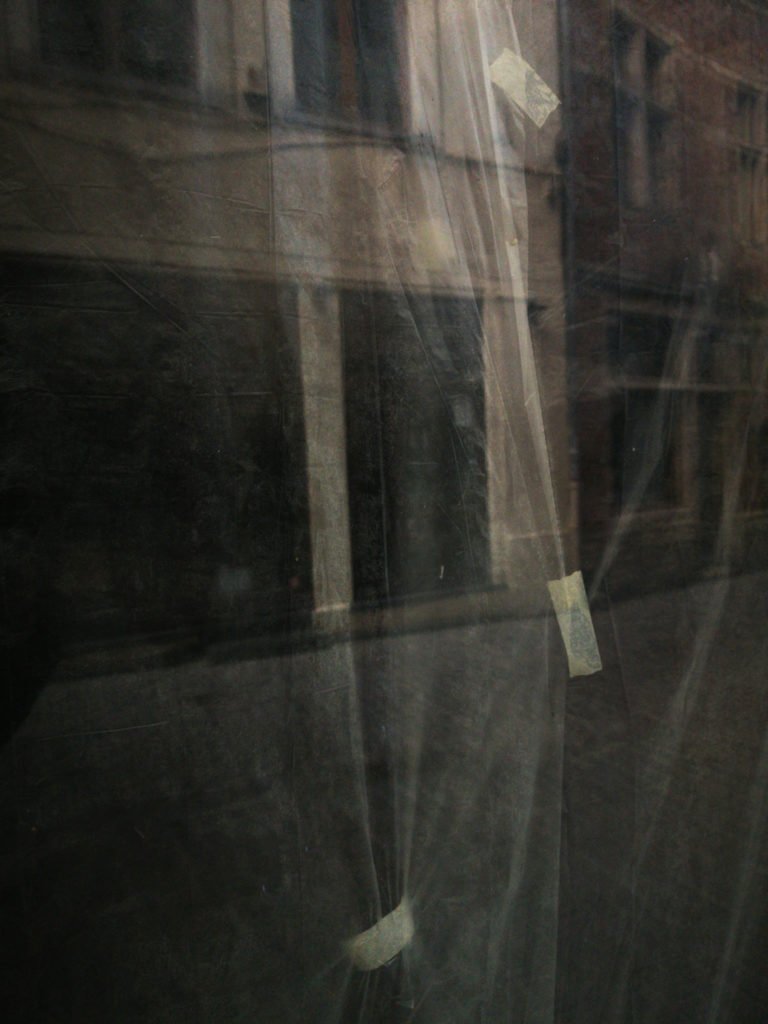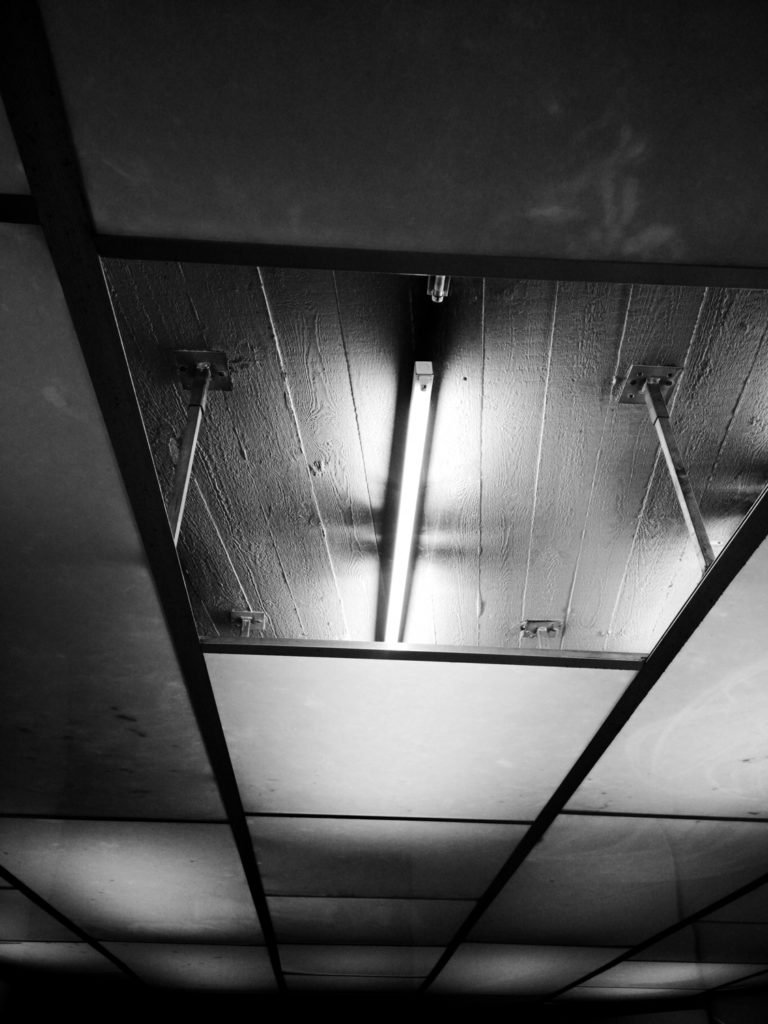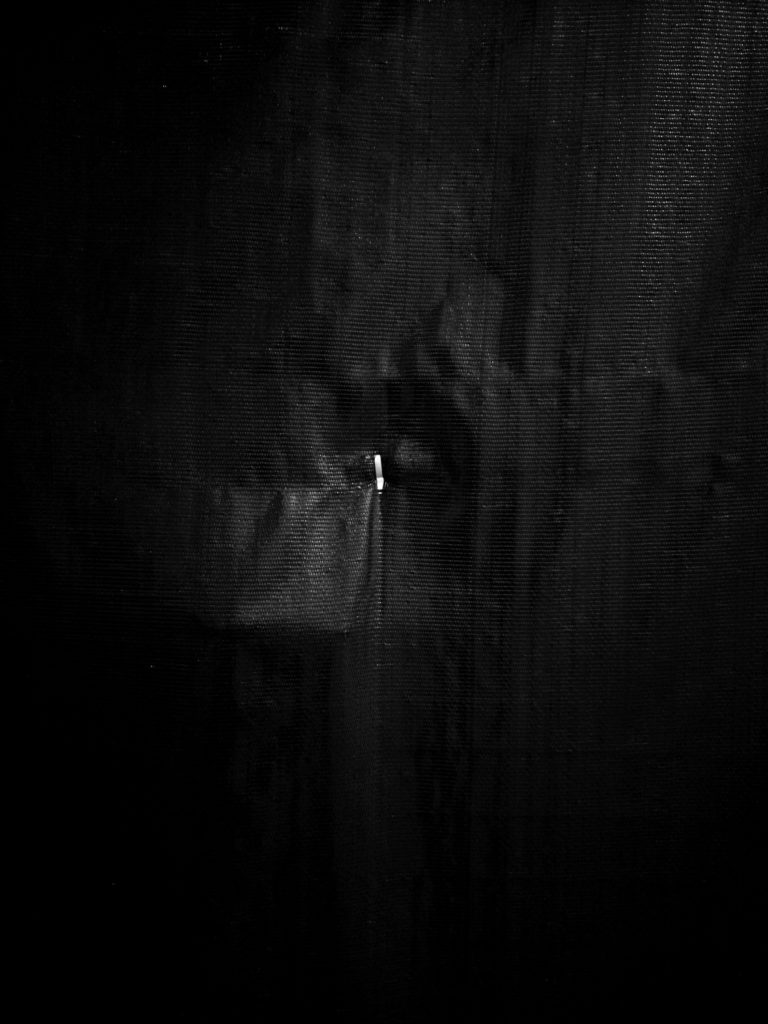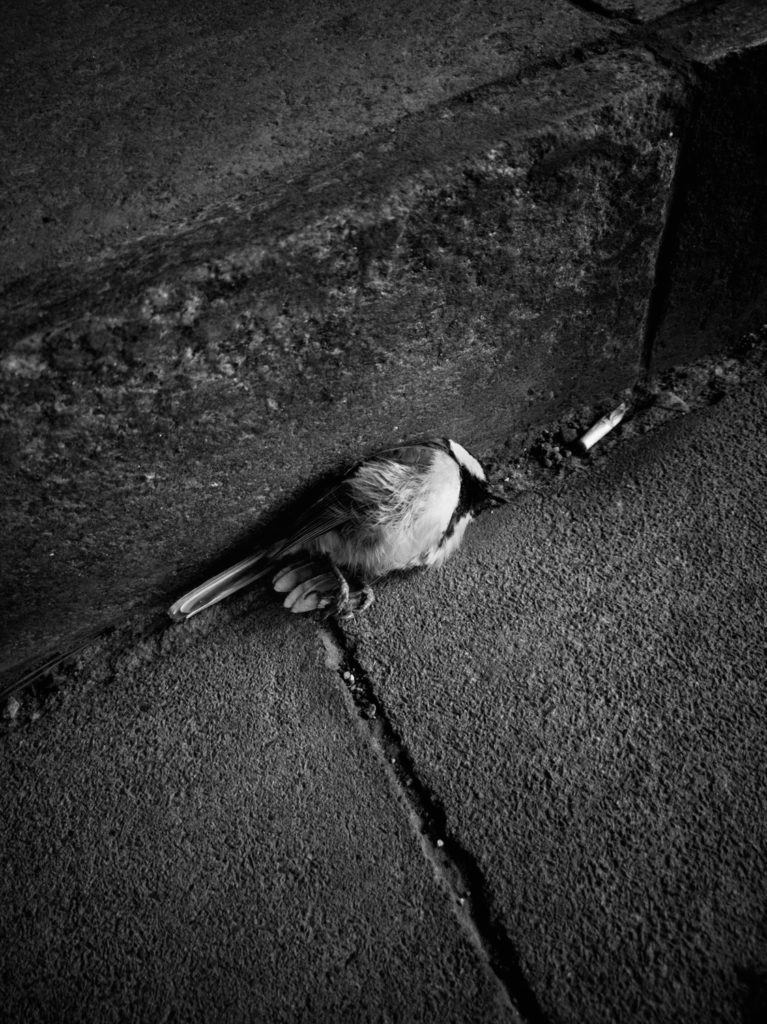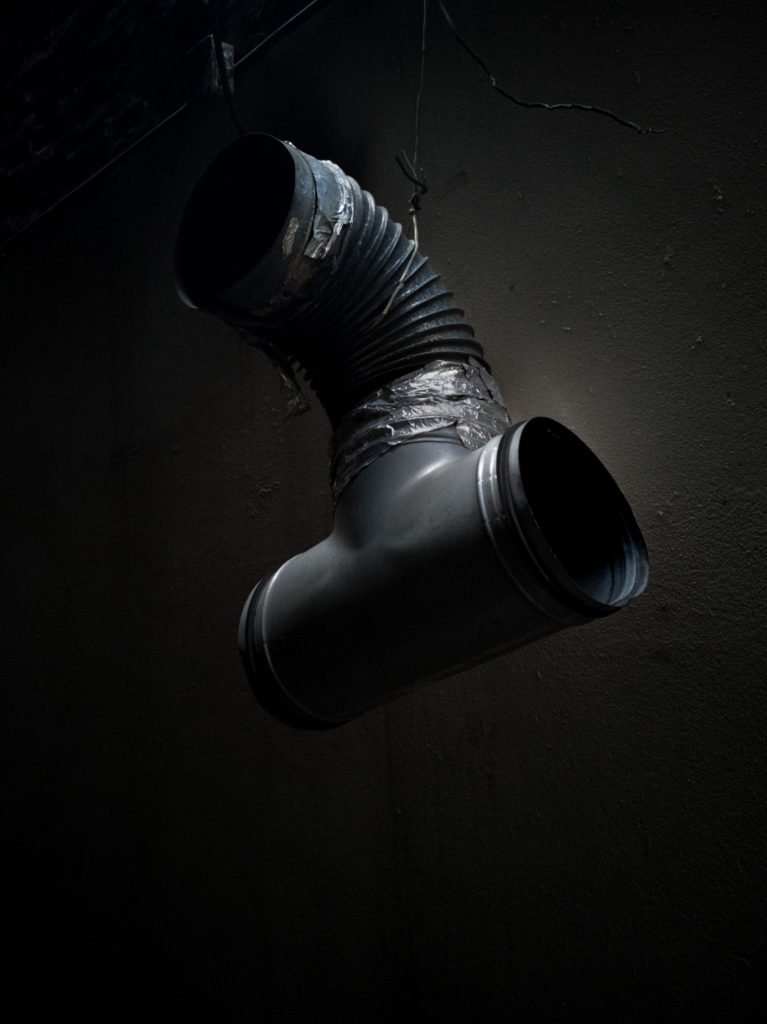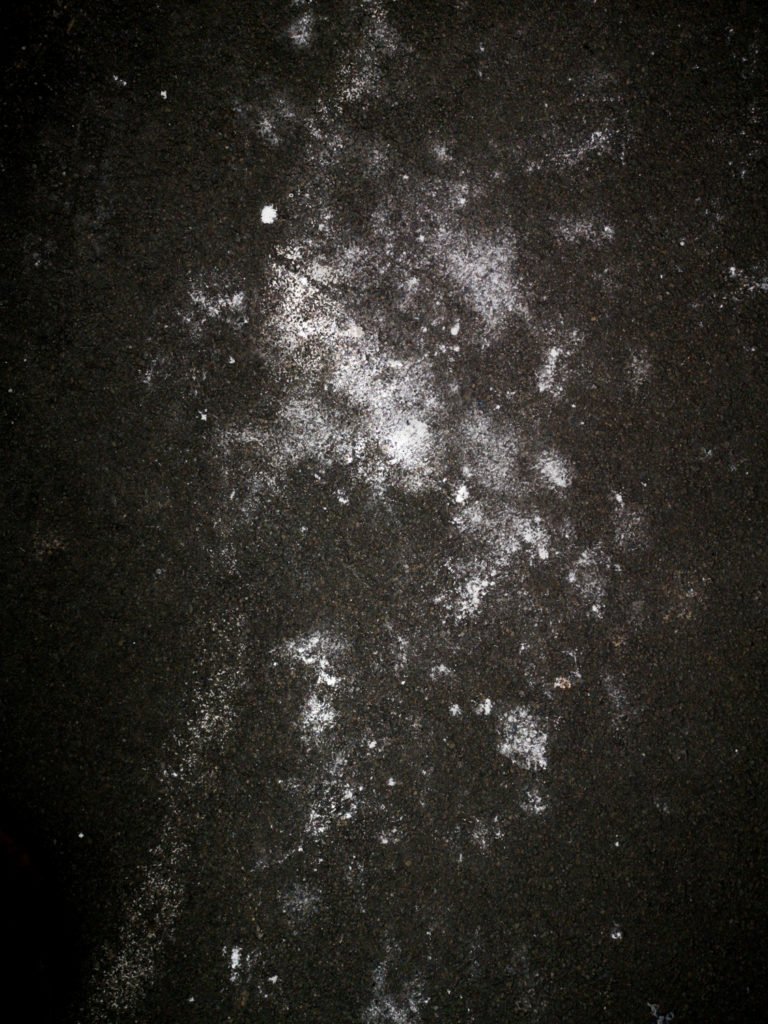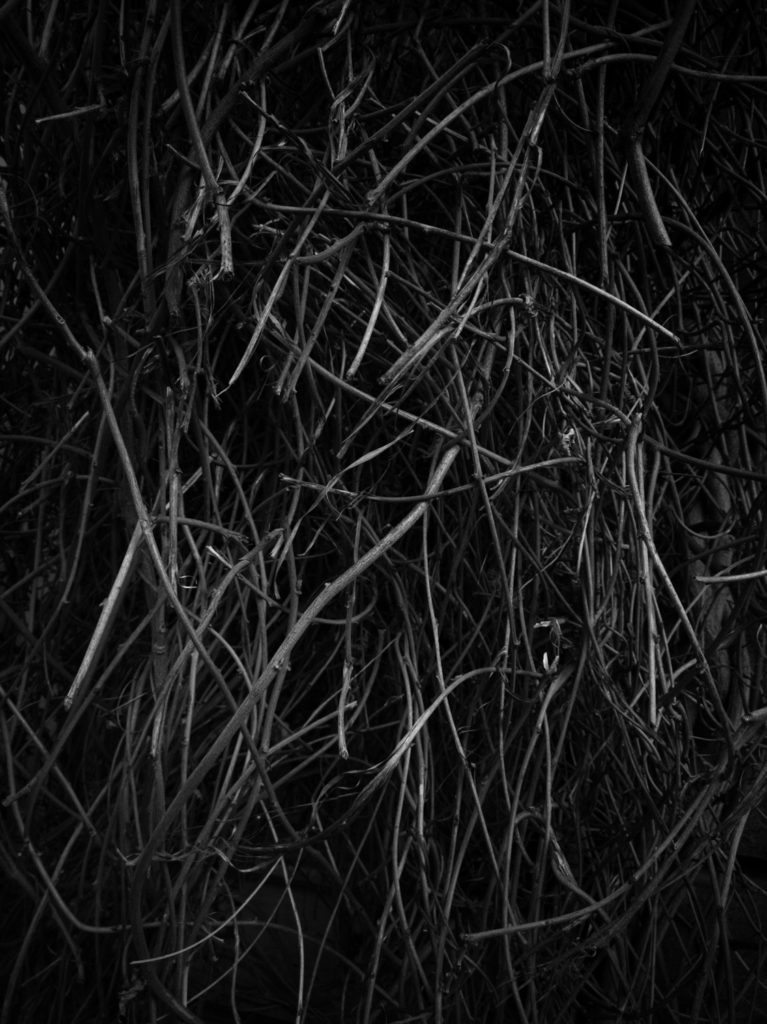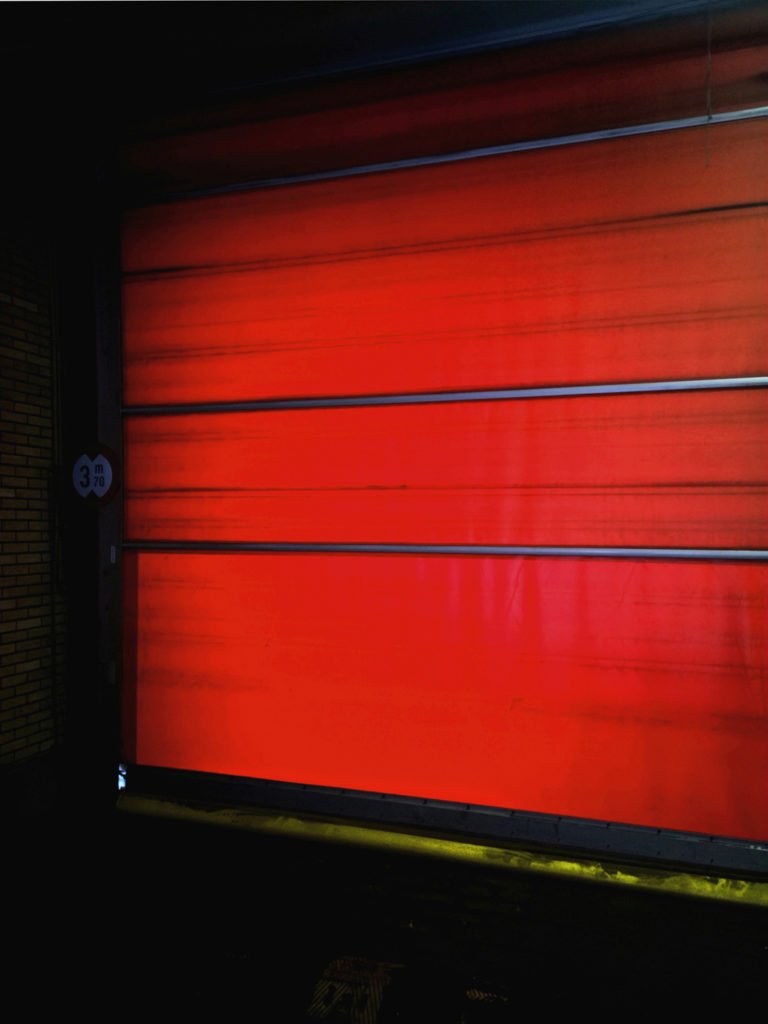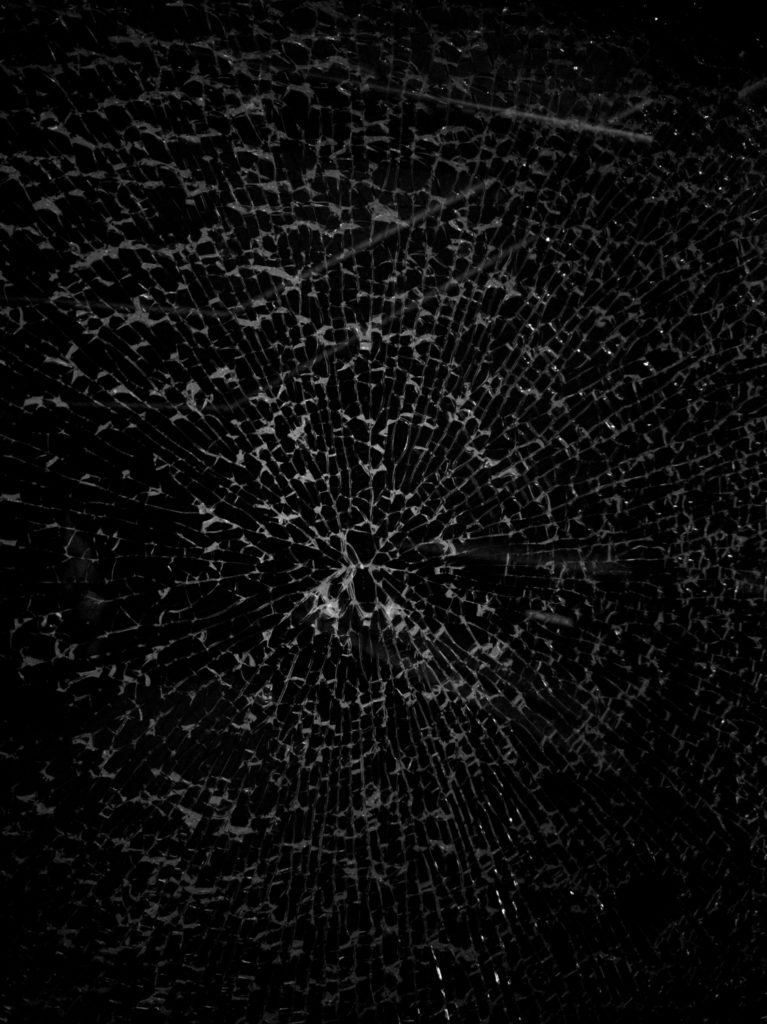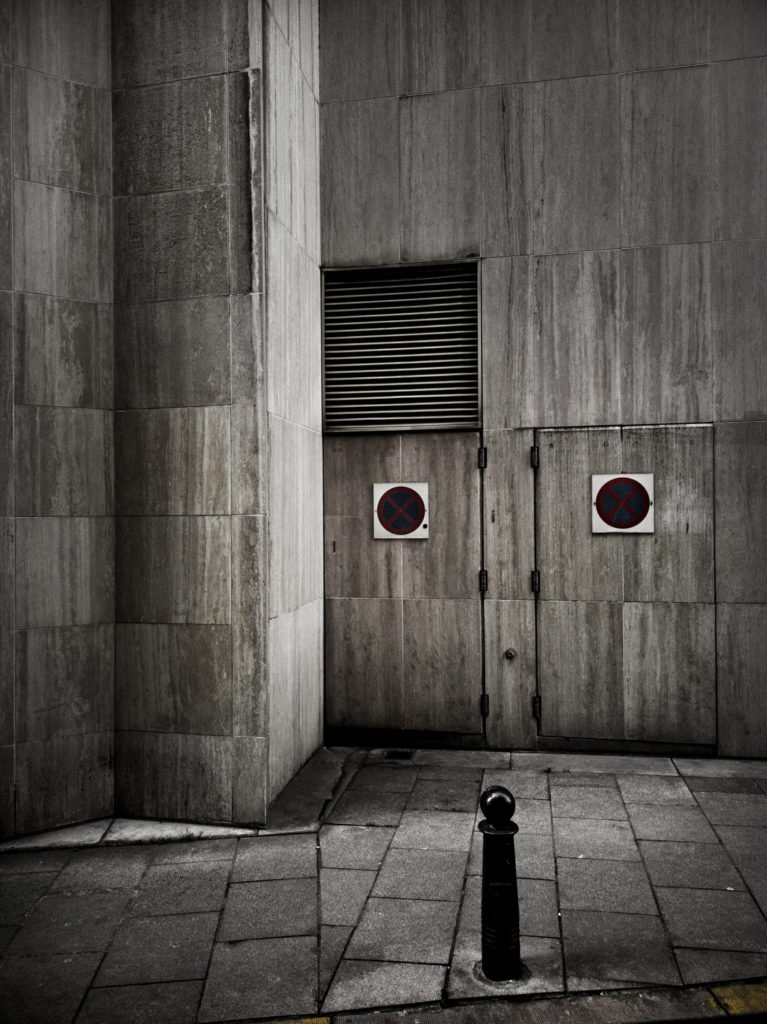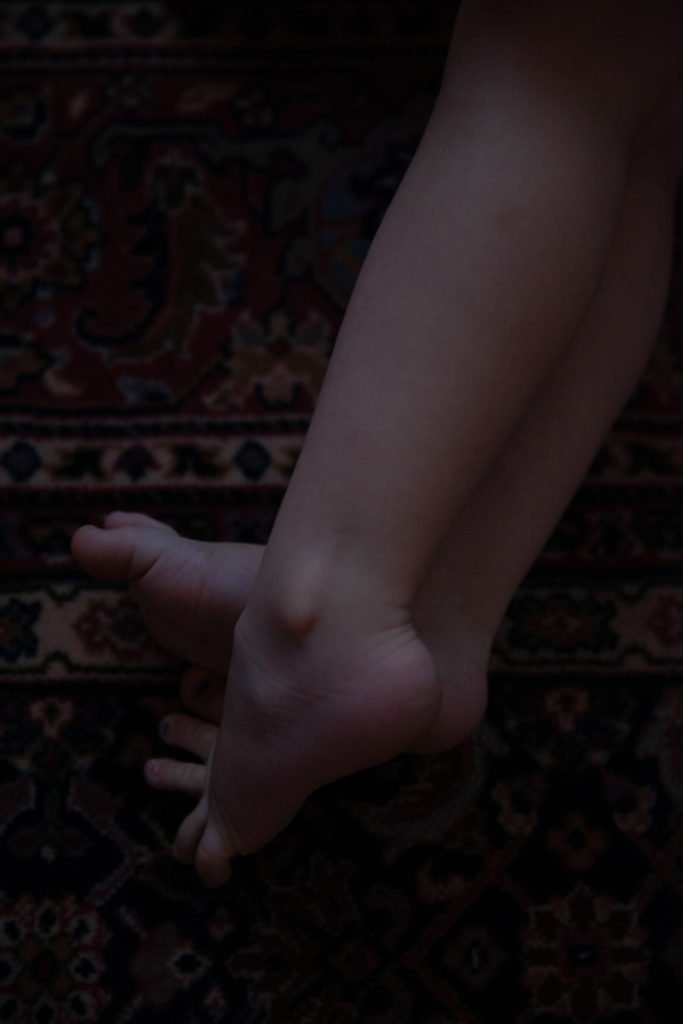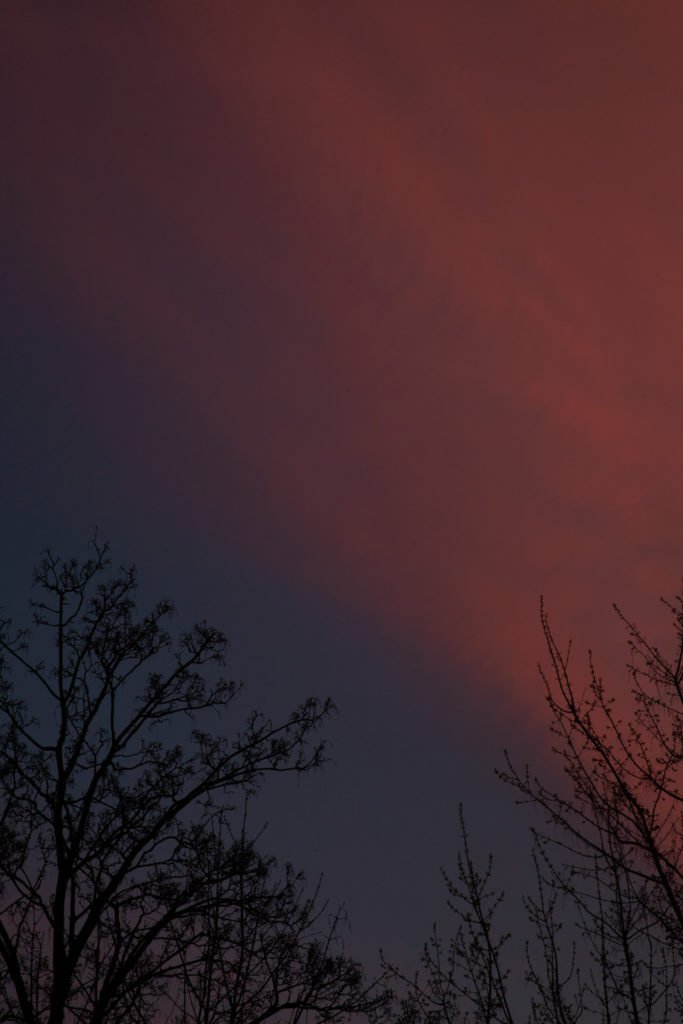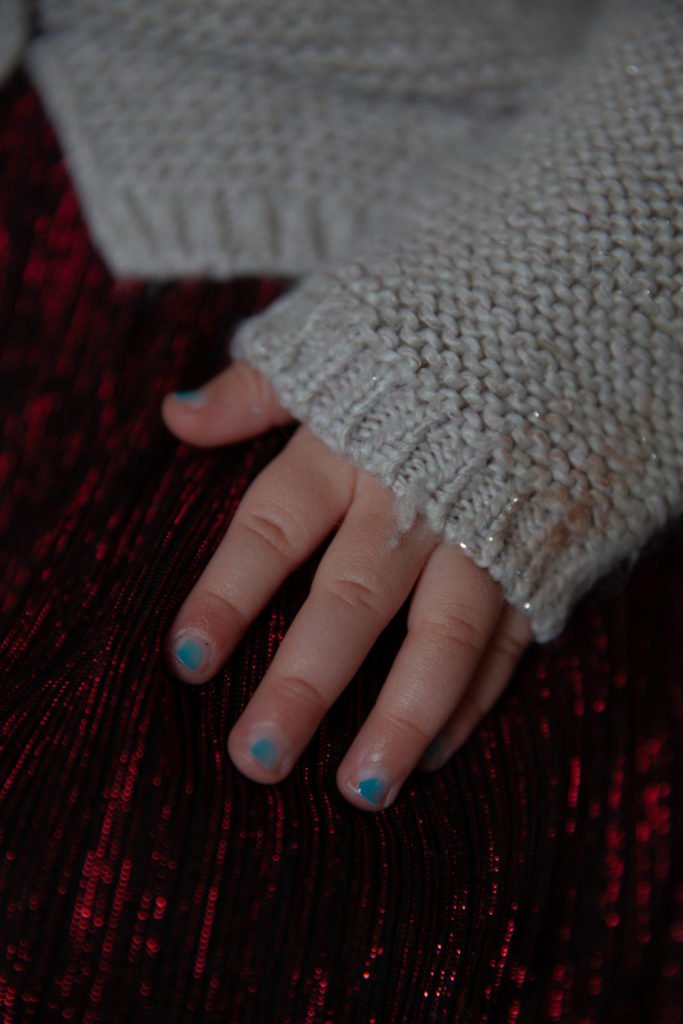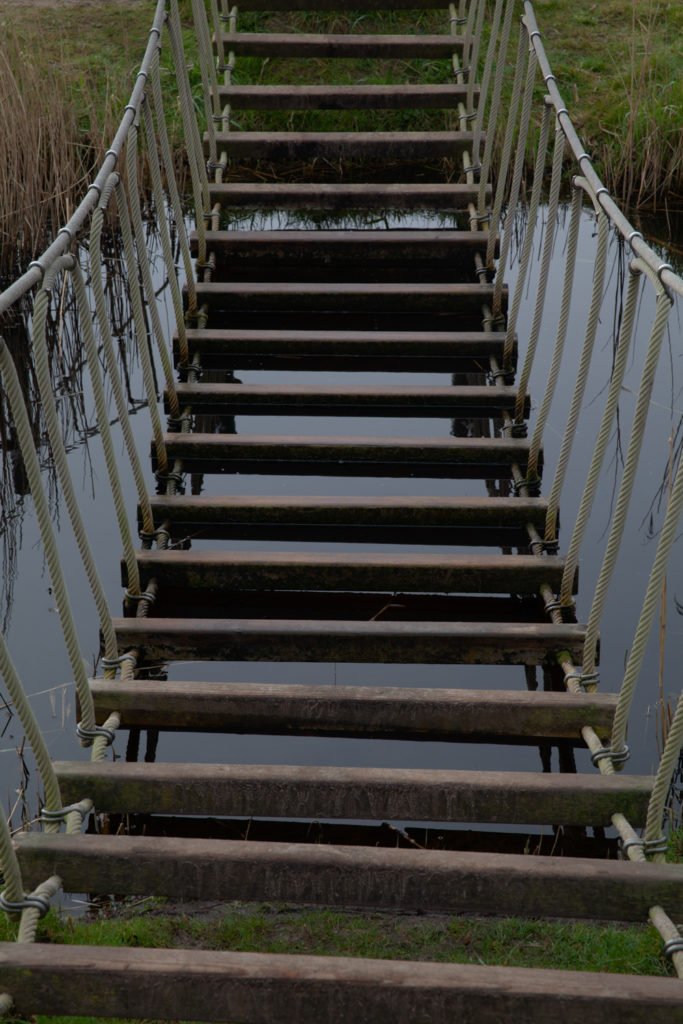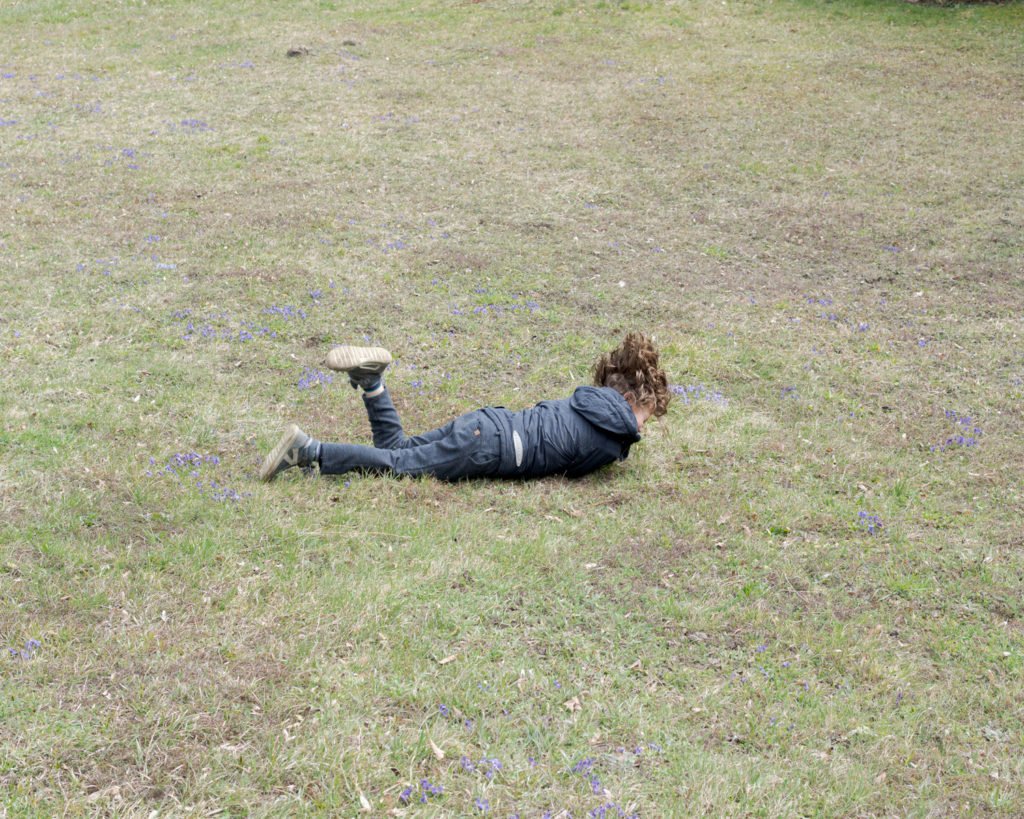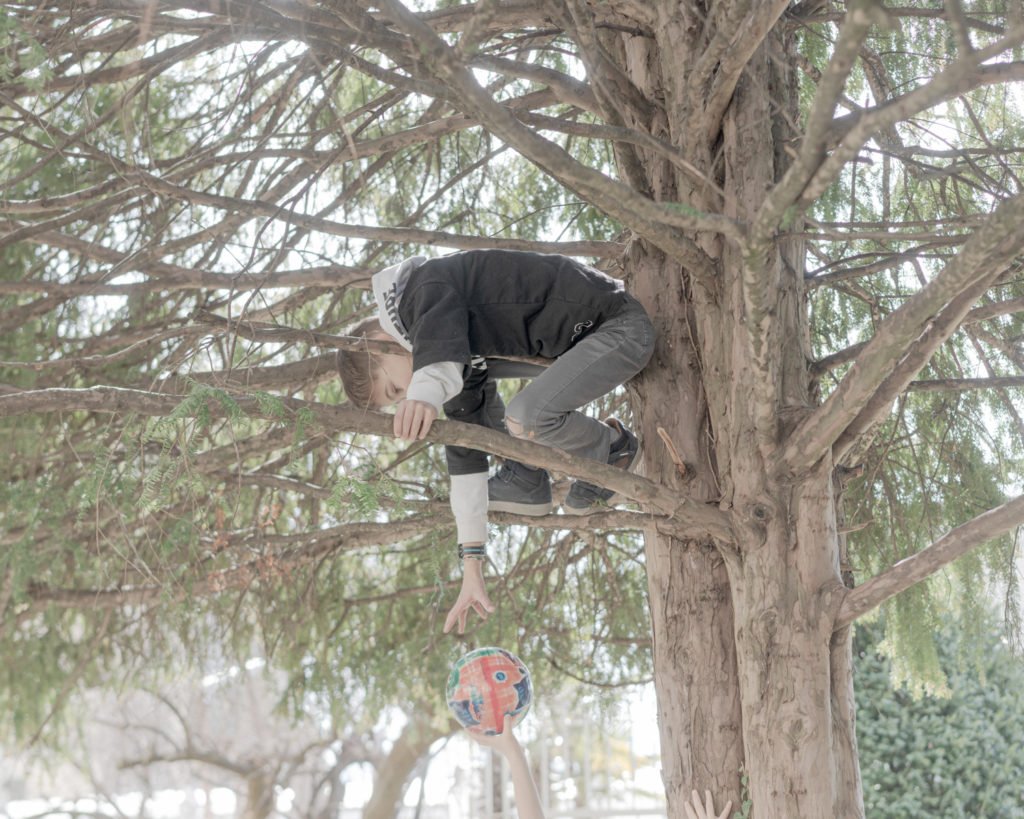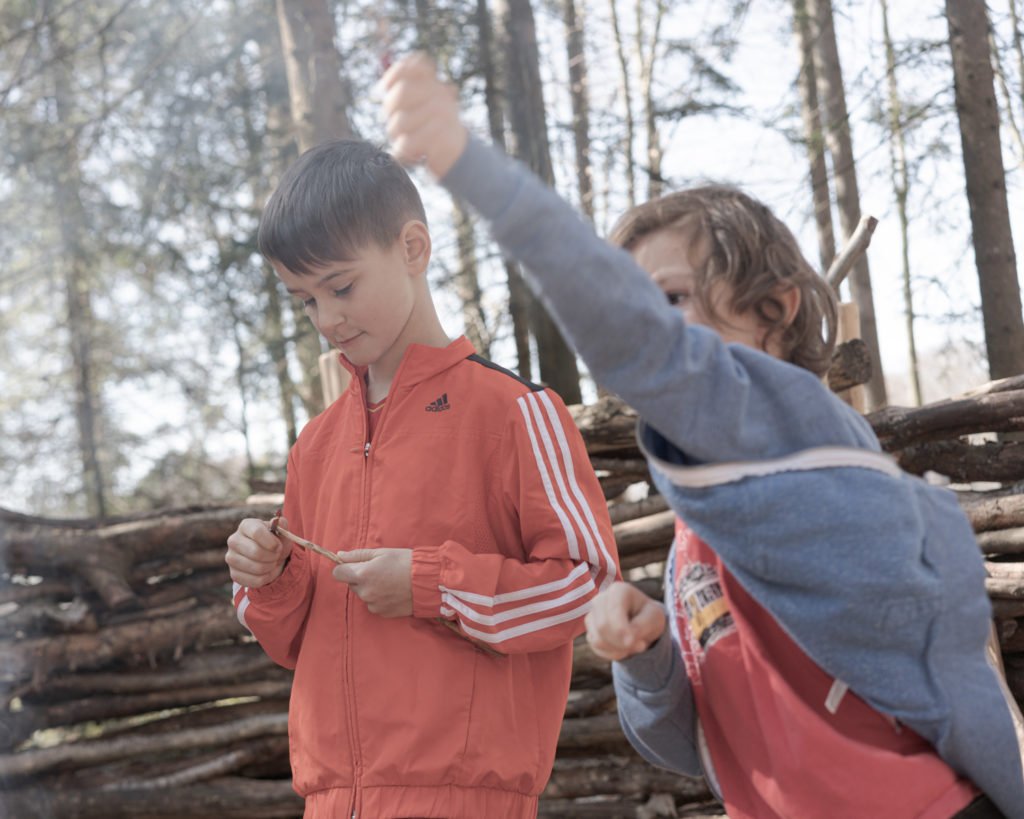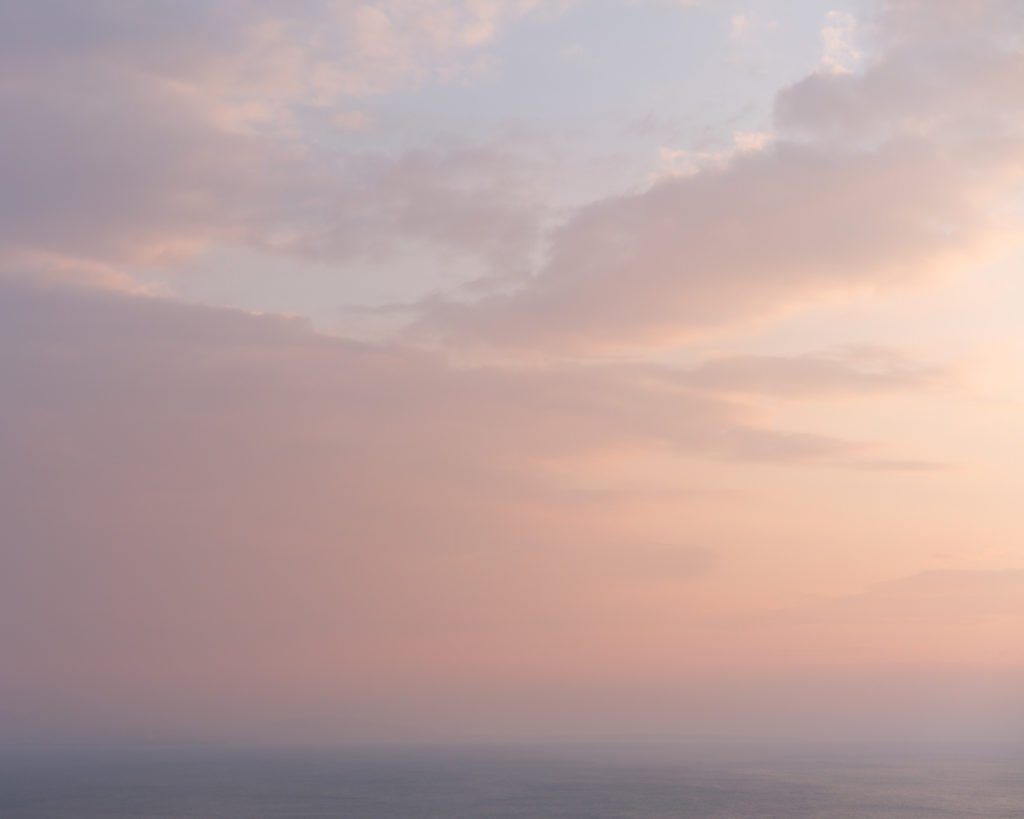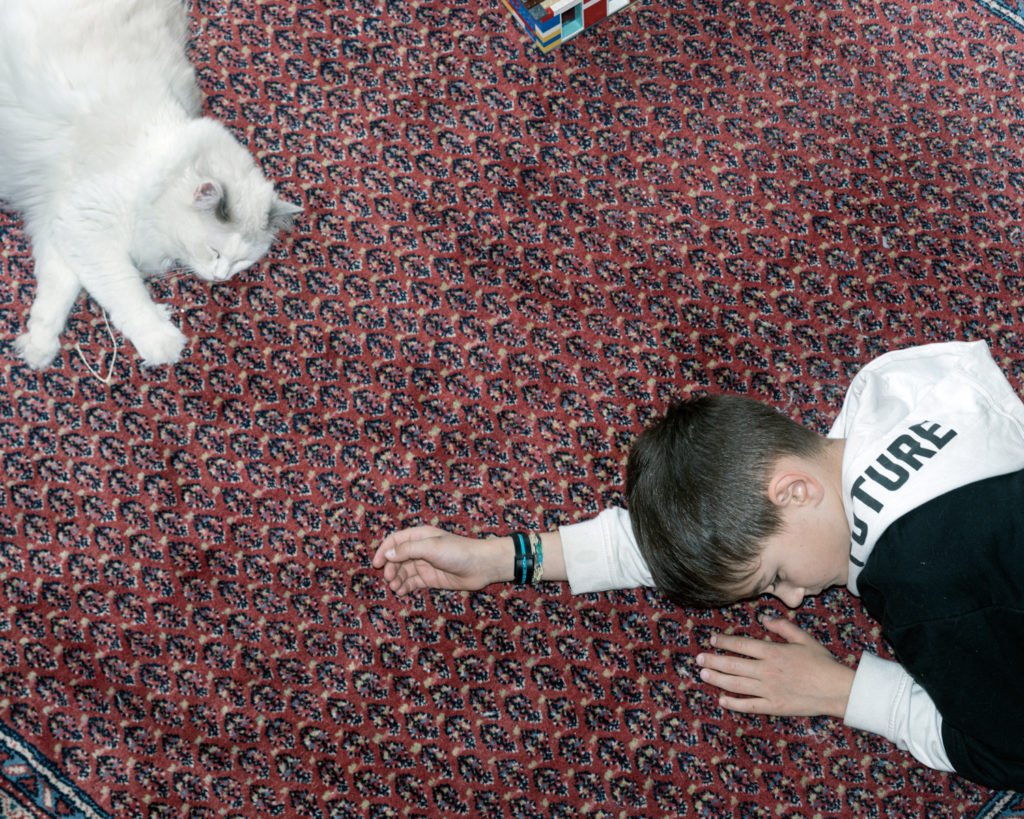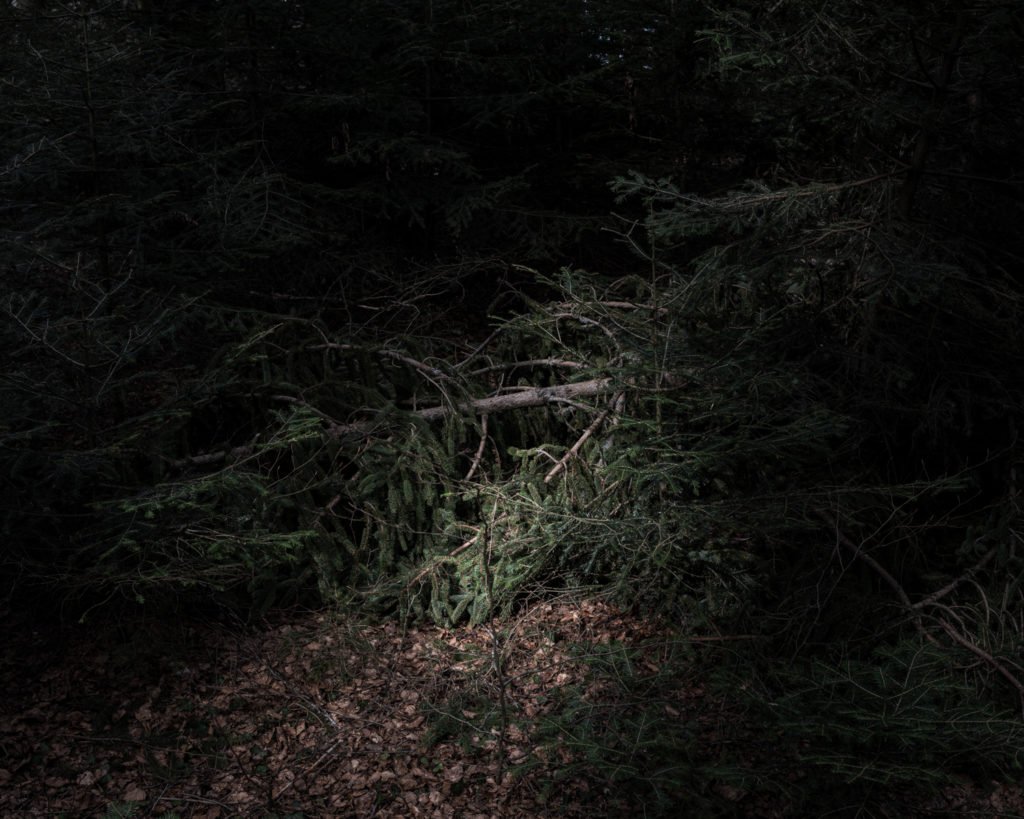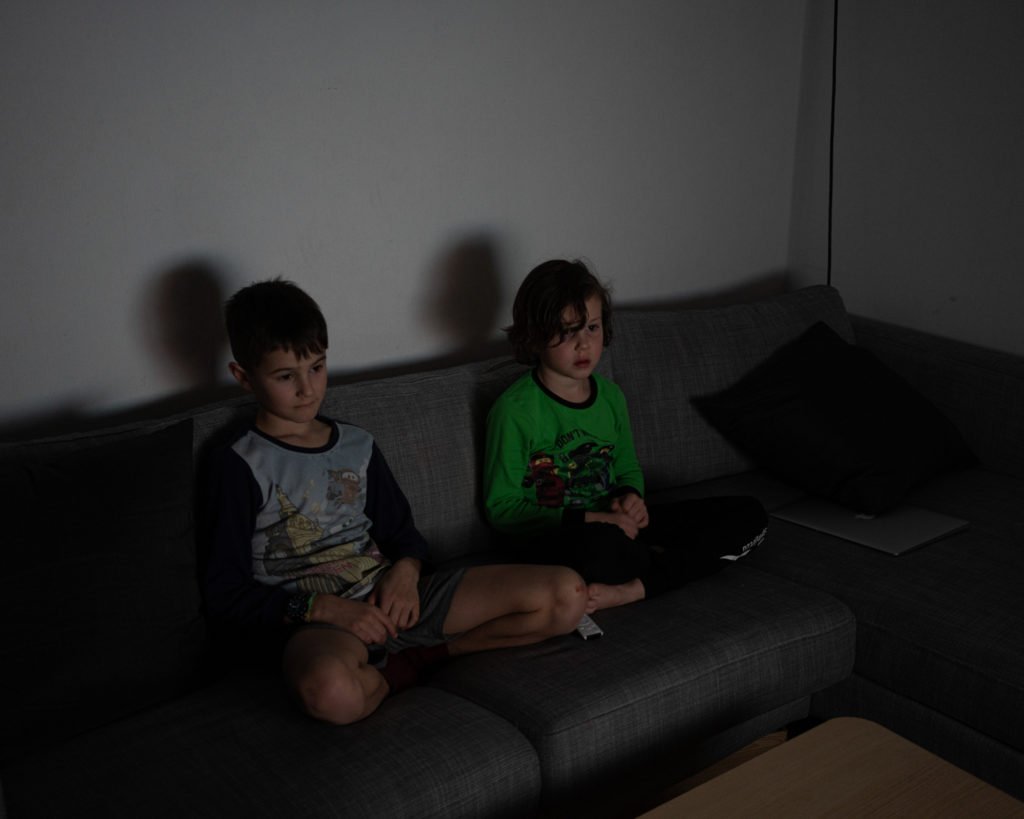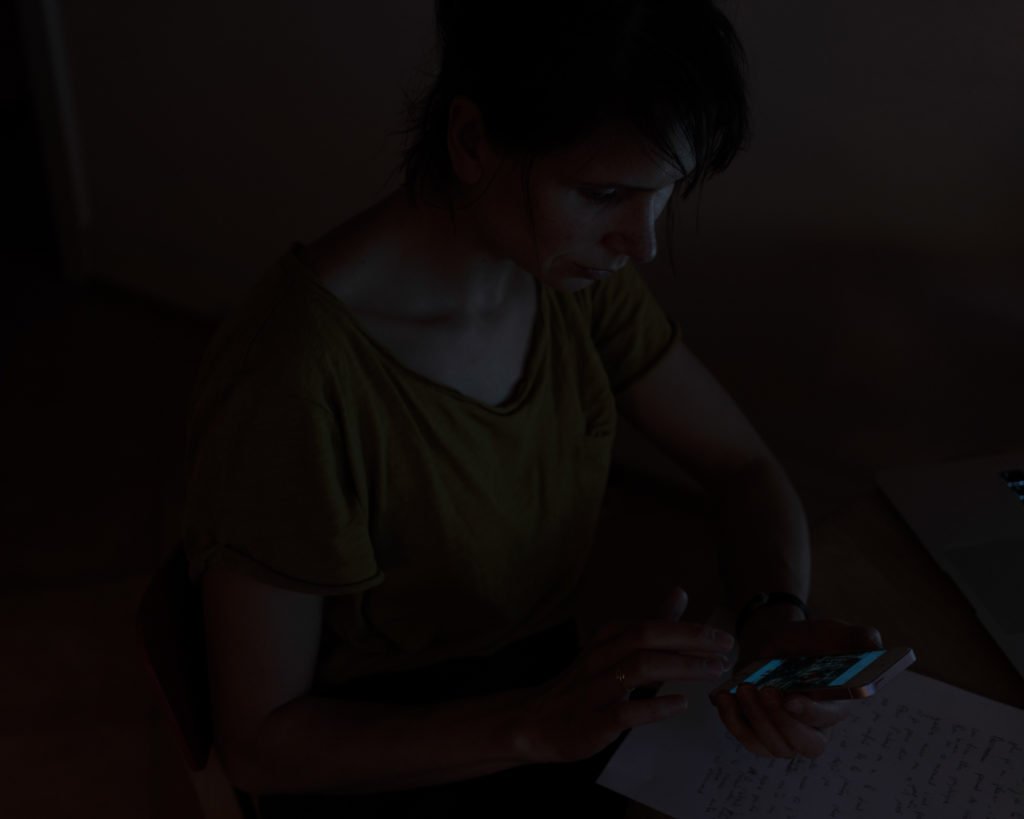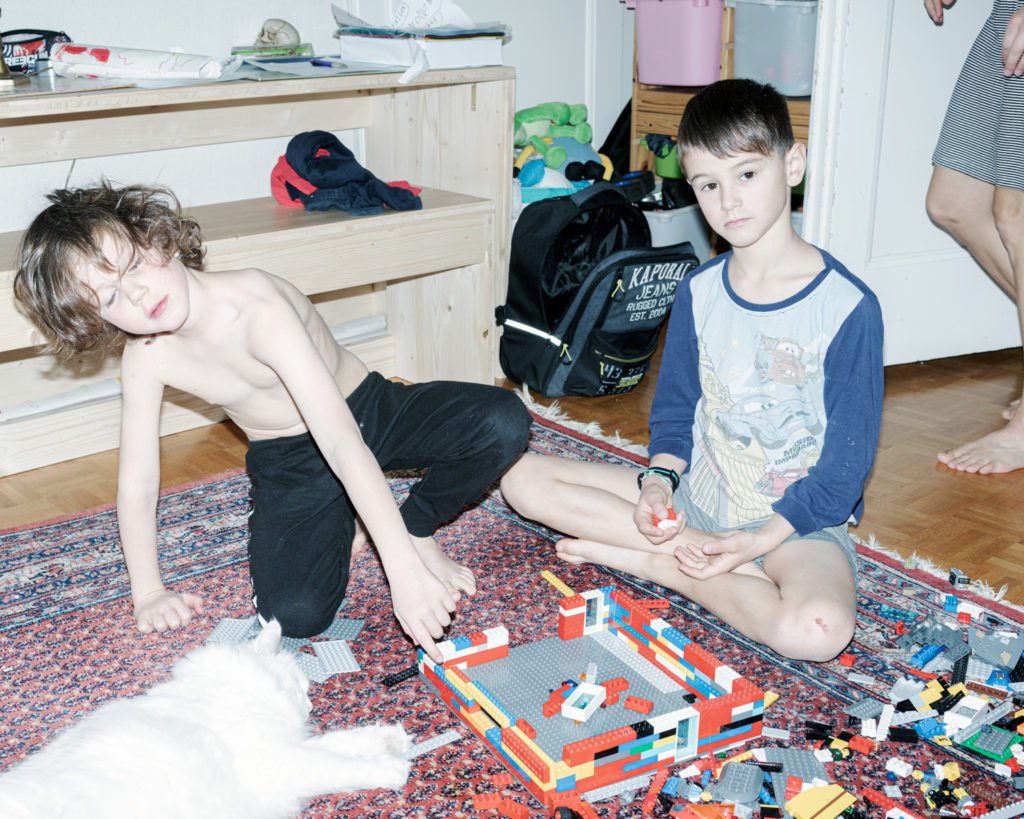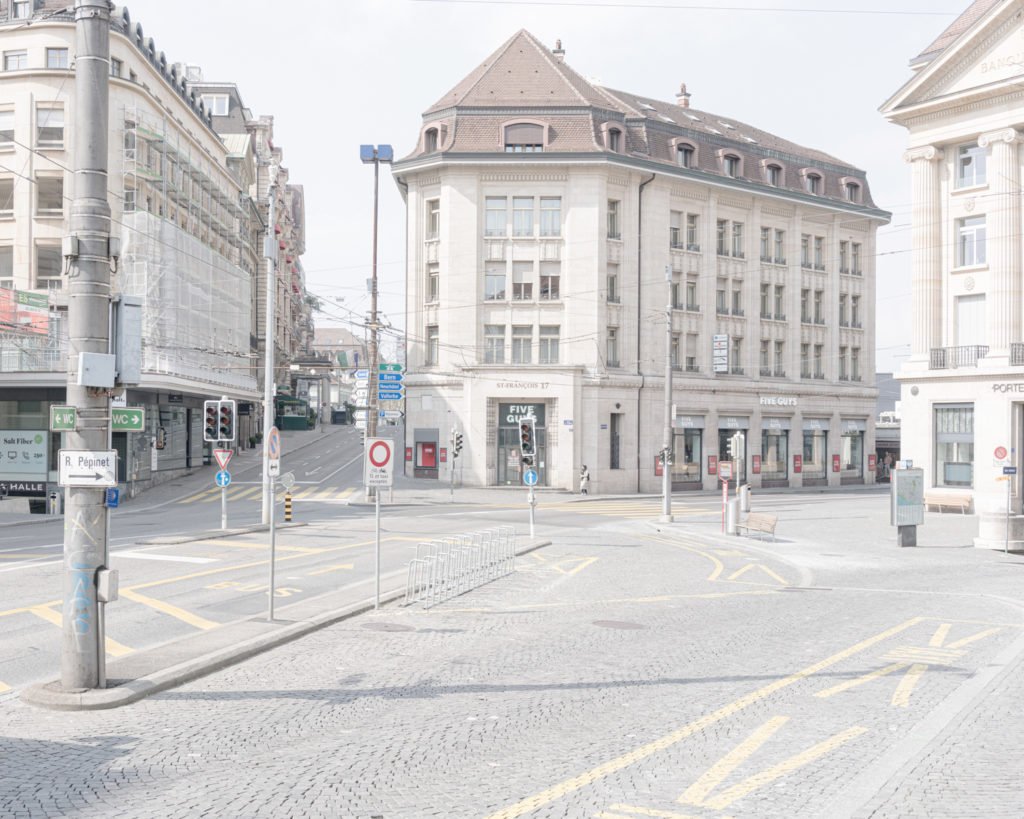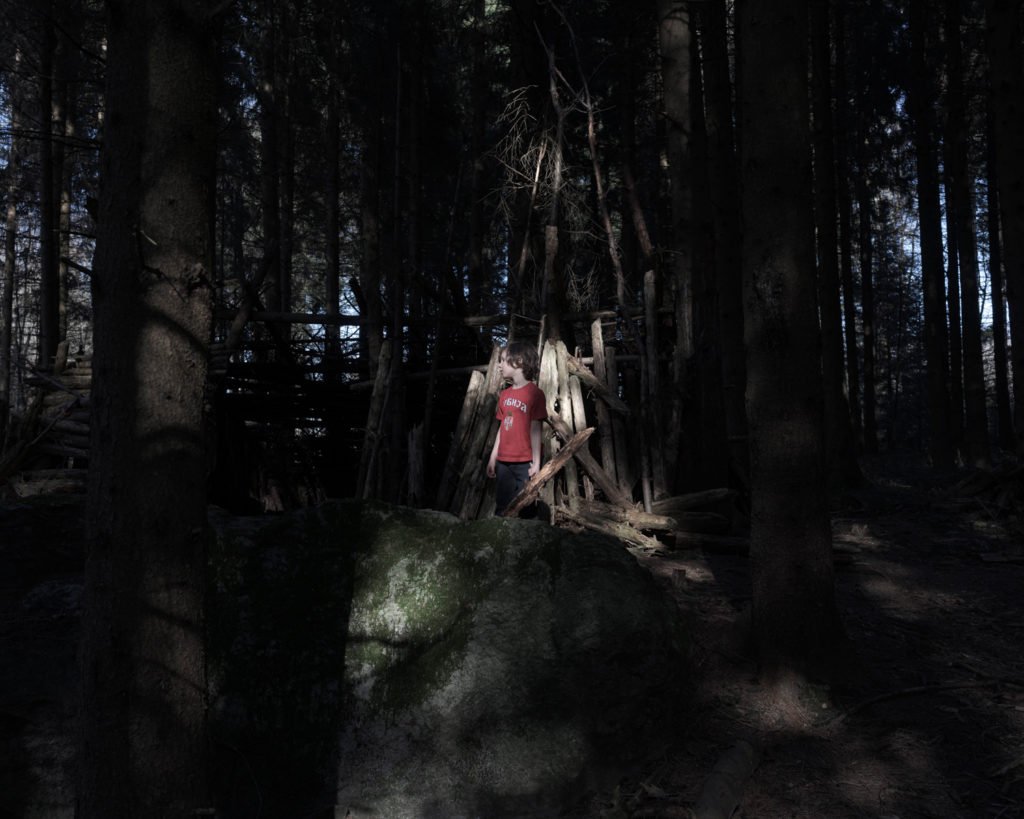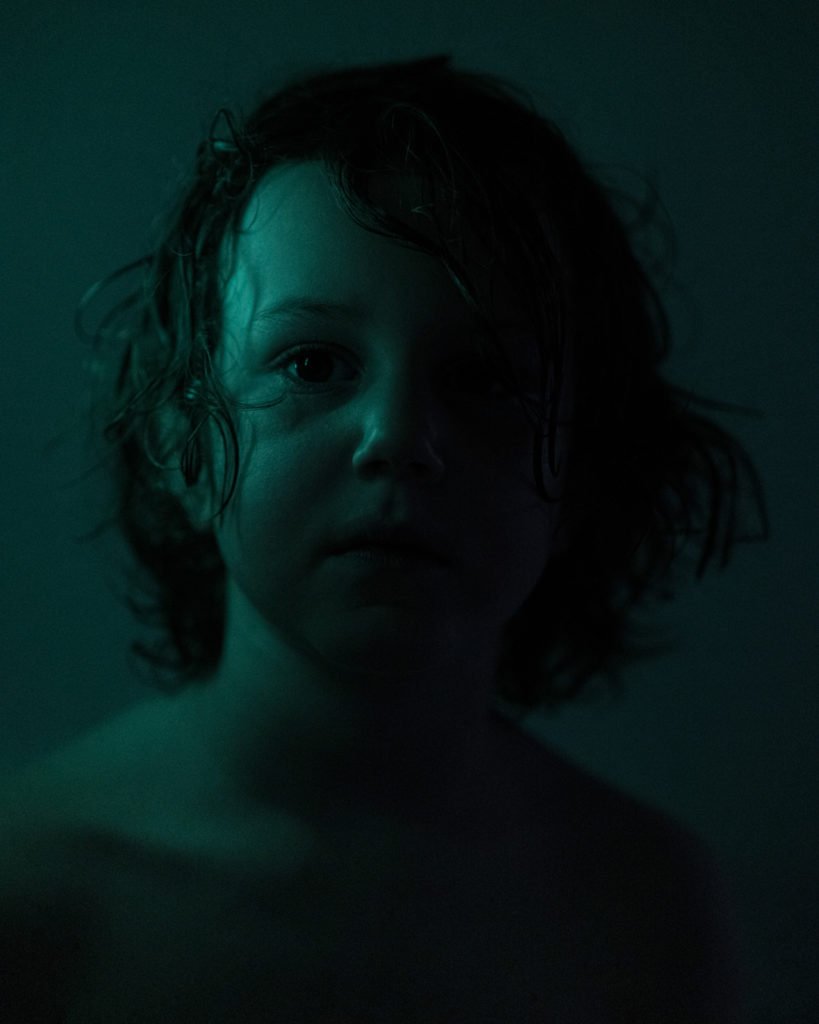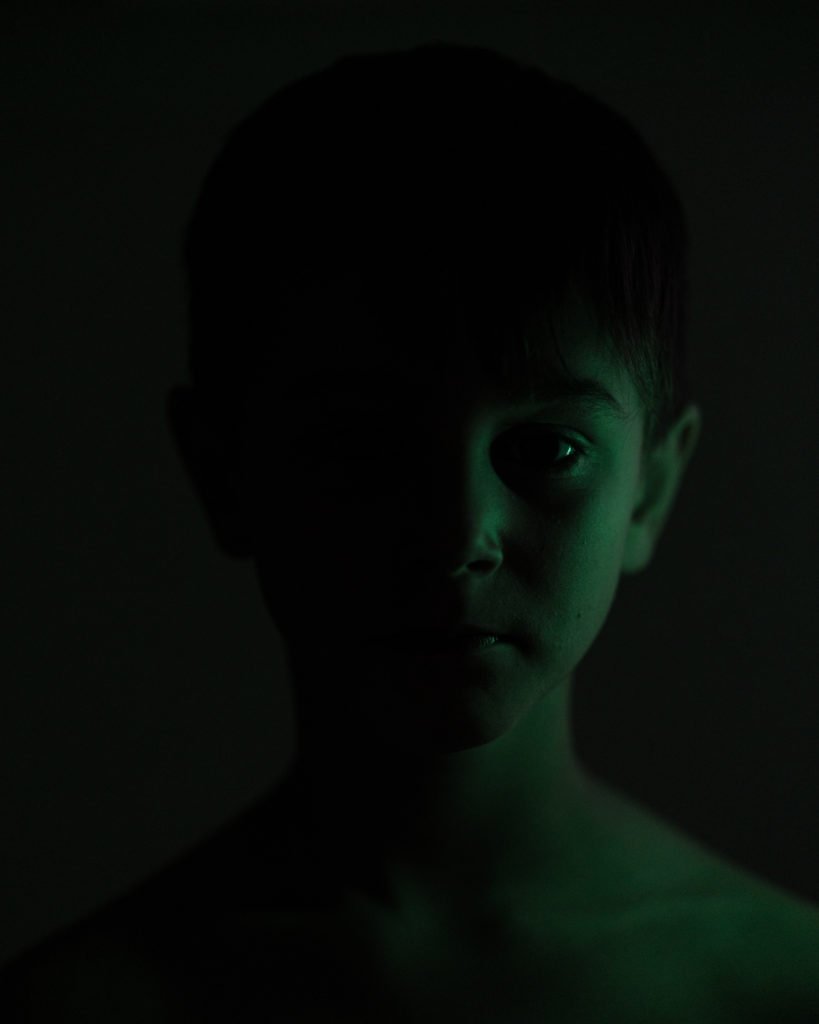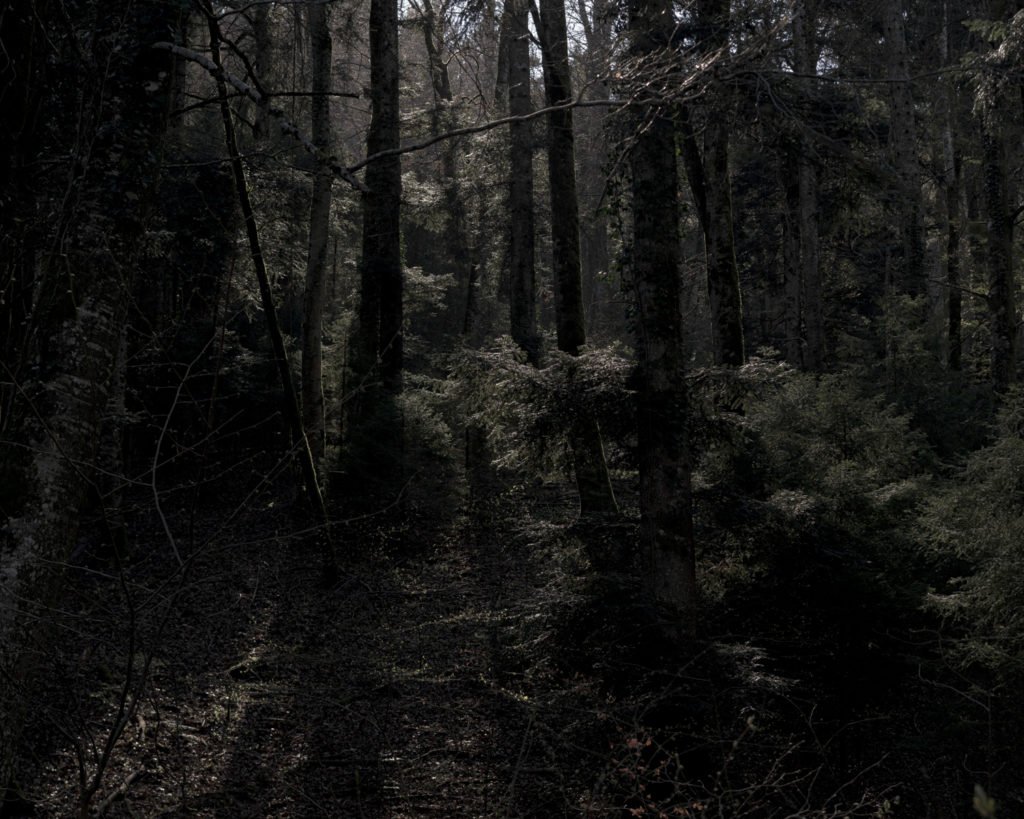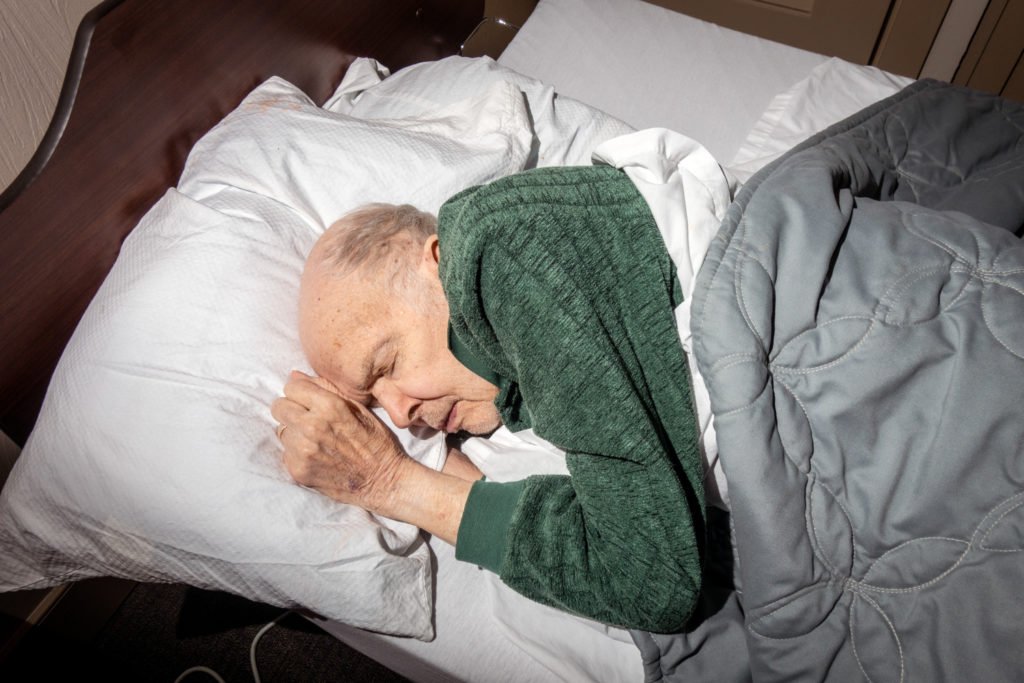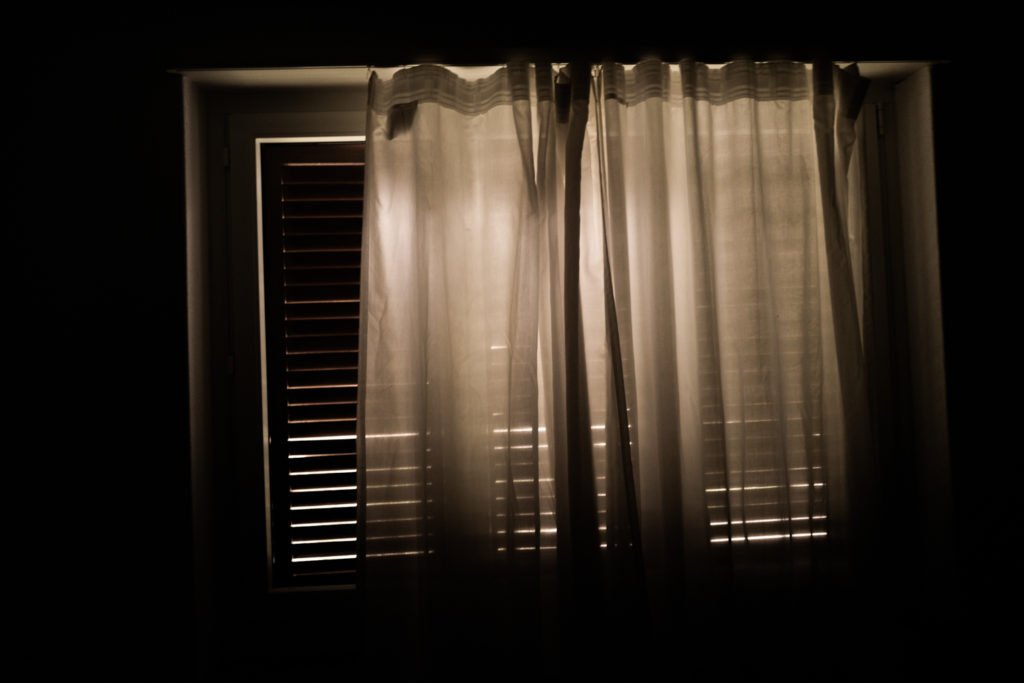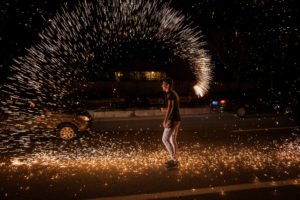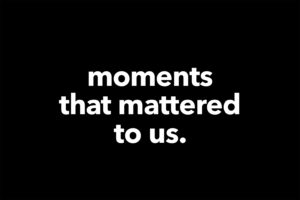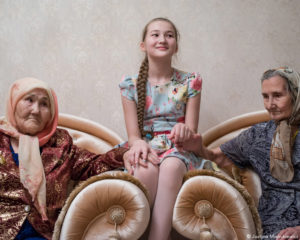- Activities
MAPS is a collective effort proposing new ways and approaches of storytelling to address the world's changing environment and societies.
MORE- Works
- Cultural
- Education
- Collective projects
- Members
MAPS brings together various dedicated professionals who want to start a new adventure and learn from each other in the process.
MORE- Photographers
- Creatives
- Contributors
- Foundation
Storytelling
In different parts of the world, MAPS photographers and creatives all spent weeks on lockdown, one of the measures taken by many countries to face the COVID-19 pandemic.
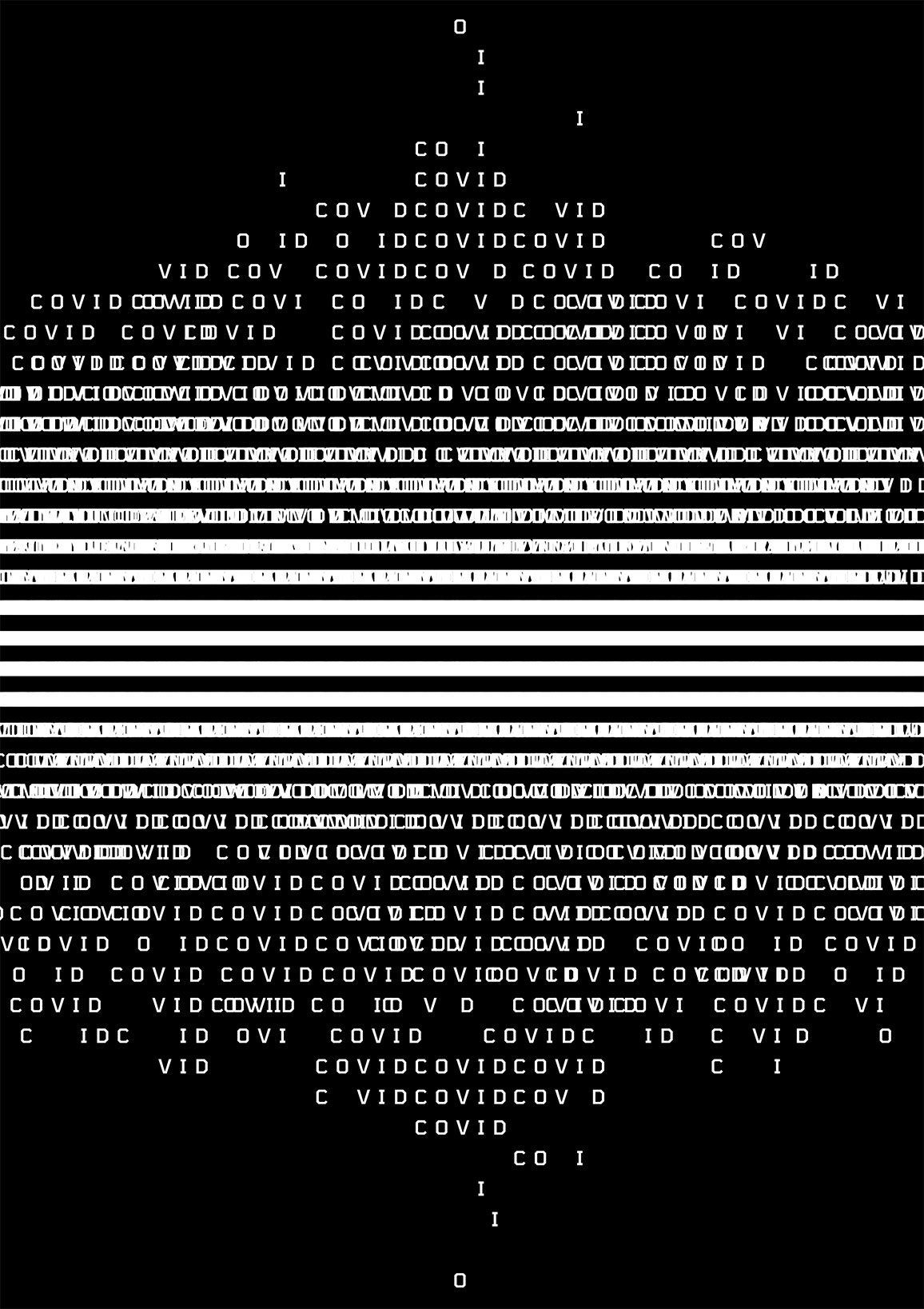
Coping
Chapter 3 — Uncertainty
Every crisis involves an aftermath. How to apprehend it, how to imagine rebuilding our future lives in the midst of the turmoil?
“Pandemic” graphic creation by Chiqui Garcia
BY CAROLINE LAMARCHE
Writer
What we see here makes us think of our daily lives in a strange way.
And yet these photographers have worked up until now in more turbulent parts of the world. Far from our ordinary lives. Close (or so we thought) to the “real” issues, the “real” problems.
Here, what we discover to our surprise is mostly stories that take the form of private or family diaries, of restricted walks.
But if we really think about it, was what they were doing before so remarkable? Wasn’t it, on the contrary, as normal and obvious as what human beings do day after day, and have always done: going to the frontline of their own lives, occupying the place for which they are destined, by circumstance or by vocation?
Coping.
(translated by Howard Curtis)
Read the full text here
The forest as a metaphor and a haven for resilience
BY JOHN VINK
I am 72. I avoid social contacts because I am supposed to be at a higher risk of contracting Covid-19. The Sonian Forest, a 10-minute walk from my home is a safe alternative to escape the pandemic besides the confinement cocoon. The confinement rules in Belgium allow for its access, provided social distancing is maintained, and it gives people in Brussels an opportunity to escape the constraints imposed by the Covid-19 outbreak. But mentally there is no escaping a pandemic.
Even the forest seems to replicate what we humans go through. A succession of three storms hit the forest at the very beginning of the Covid-19 outbreak in Belgium. Trees, mostly the older and weaker ones, were toppled by the wind, dragging neighbouring trees down, just like someone contaminated by the virus would contaminate another.
“Mentally, there is no escaping a pandemic”
A second reason for the falling trees is that they can’t grow their roots deep enough because the soil is too compact, as if it was as stubborn and impenetrable as certain human minds. The roots of the huge fallen trees were exposed, revealing their weaknesses, much like our complex human vulnerability and weaknesses of greed, selfishness and incredulity were exposed. The fallen trees leave a chaos of broken and intertwined branches and trunks on the ground, similar to the disparate and conflicting stream of information people have been confronted with at the beginning of the virus outbreak. But that chaos also creates small ecosystems, proof of a sustaining resilience.
“Chaos also creates small ecosystems, proof of a sustaining resilience”
Also, the children who are allowed to play in the forest during the confinement can’t resist starting to build things, gathering branches, constructing shelters, benches and imaginary worlds.
Isola
BY SIMONA GHIZZONI
“We have lived our lives by the assumption that what was good for us would be good for the world. We have been wrong. We must change our lives so that it will be possible to live by the contrary assumption, what is good for the world will be good for us. And that requires that we make the effort to know the world and learn what is good for it.”
Shortly after the declaration of a state of emergency in Italy, my family and I decided to move from Rome to the North, to the epicentre of the epidemic, to get closer to my parents, elderly and alone. We moved to live in the Tuscan-Emilian Apennines, in the house that belonged to my grandparents. We arrived after 5 hours of travel without a stop, the car loaded with the minimum necessary for me, my partner Stefano and our two year old son Ernesto and enough food for a couple of weeks.
Life here is not easy, very different from city life. But it’s quite a while since we have been reflecting on the sustainability of our lives today.
“Our species has transformed the world, pretending not to be part of it. An illusion that the pandemic suddenly disproved”
For a long time there was a growing concern about our son’s future due to climate change and there was a growing feeling that something serious was going to happen. Our species has transformed the world, pretending not to be part of it. An illusion that the pandemic suddenly disproved.
Are we going back to our lives? Can we just pretend that nothing happened? Will this getting used to living with little or nothing teach us anything? I don’t know yet, but surely the decisions we make in this time of emergency could set a new future for us.
Breathe
BY GAËL TURINE
Getting out of my home to see and feel the emptiness caused by confinement is essential. These daily walks, equipped with the camera of my mobile phone, allow me to experience my city in a different way and to freely interpret certain details.
“The virus fundamentally changes us and our thoughts”
The Covid-19 is as real as it is invisible, but its impact on our lives is tangible. The virus fundamentally changes us and our thoughts. The city I live in is transformed by it. “Breathe” represents a twist from reality to fiction. It evokes a rupture, a cracking.
Fragile
BY EEFJE LUDWIG
Photography advisor, educator and editor at MAPS
On March 16, in response to the Covid-19 emergency, the Dutch government requested all citizens to stay inside as much as possible and keep social distance of at least 1,5 meter. So far we are still allowed to go outside.
I stay inside as much as I can with my two daughters, playing, dancing, painting nails. Every now and then, when playgrounds are still empty and quiet, early morning or late in the afternoon, we go outside. Finding almost drowned bridges and pink skies. The world is so fragile, their lives are so fragile.
Journal
BY MATTHIEU GAFSOU
These images form a daily diary of our confinement during the coronavirus crisis. My wife, Valentine, my two sons, Louis and Justin. The woods, as long as we are able to get there, the small garden at the feet of our building. And inside our flat.
It is a way of sublimating anxiety and tension. To focus on love.
“These images are a way of sublimating anxiety and tension. To focus on love.”
More chapters from the Coping collective project
In the face of a global, unprecedented crisis, coping may mean to find shelter within the inner core of what constitutes a safe environment. Holding onto the thread of transmission, finding comfort in familiar places, with loved ones.
In confinement, yesterday and tomorrow have been replaced by an endless today. Time is standing still.
More Series by Maps Members
This was 2019
Maps Members
2019 has been a time of exploration and discoveries. Of reflection and coming together. Of defining and redefining what MAPS…
MoreBest Images of 2017
Maps Members
A selection from the best images of 2017 by MAPS photographers
More